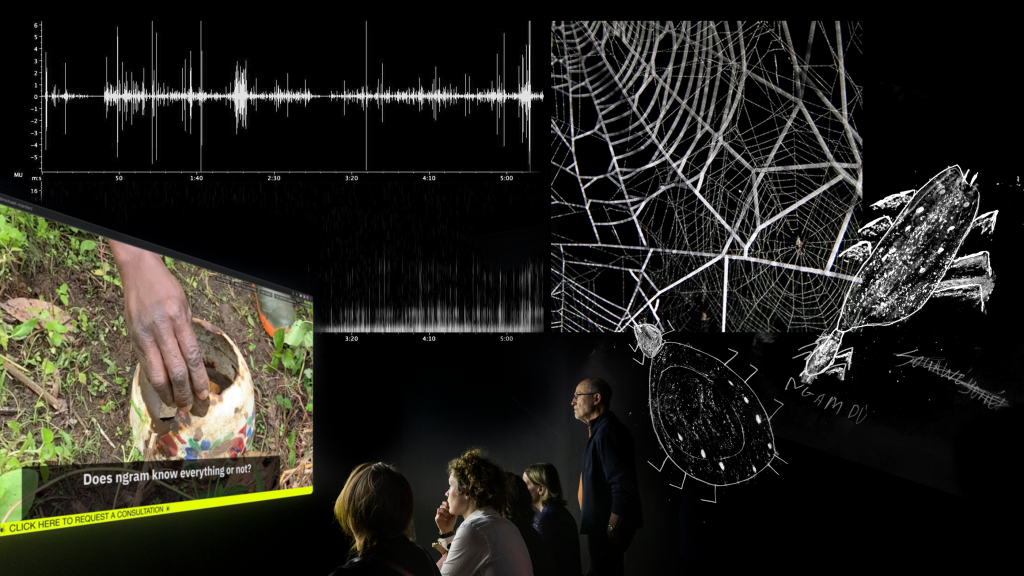

...

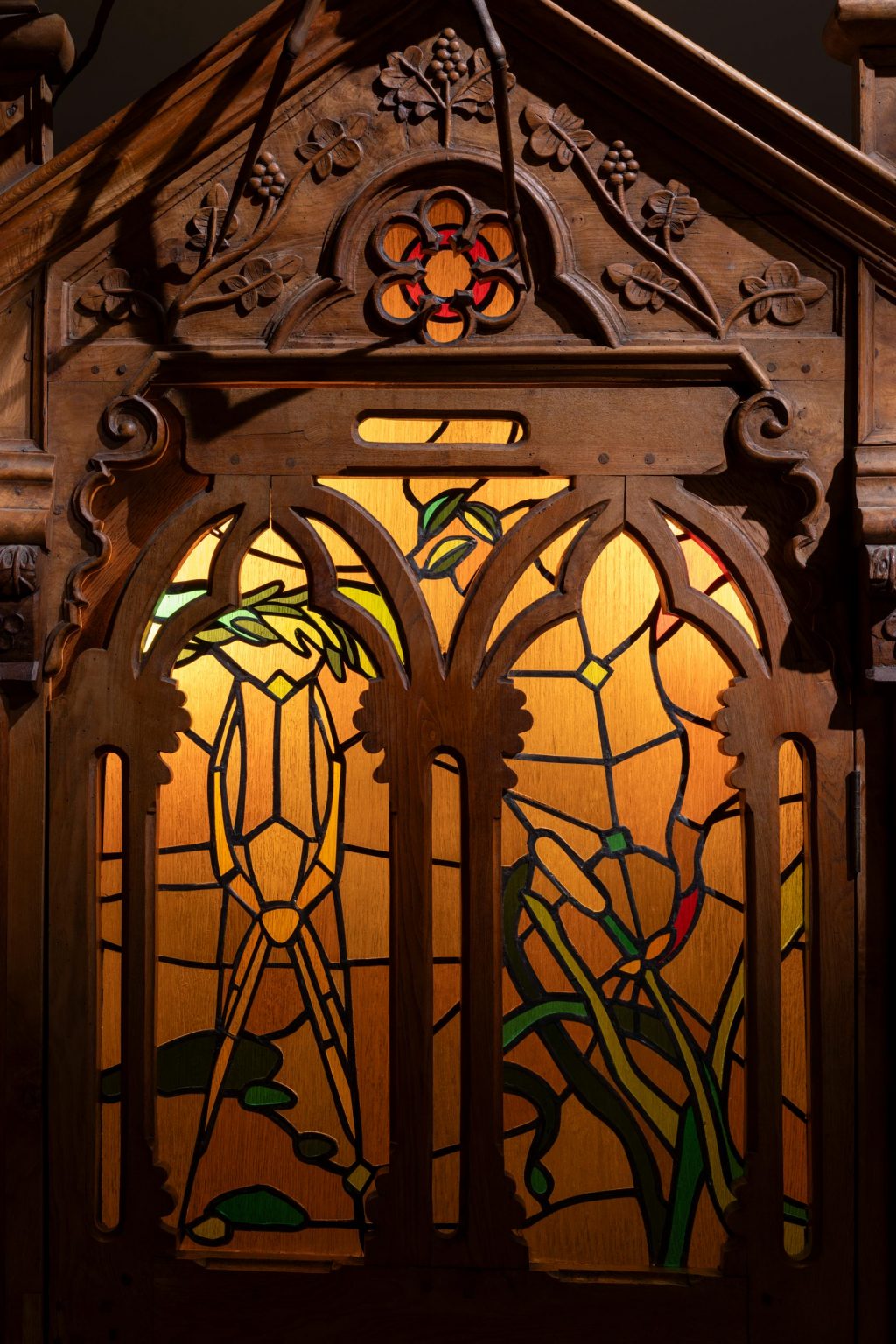


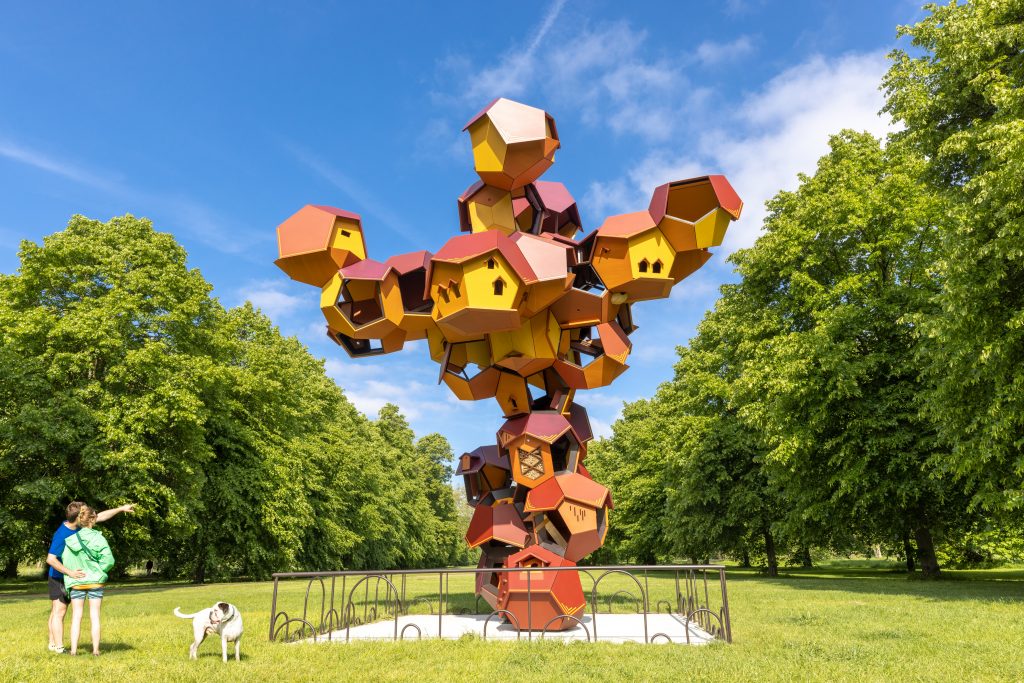
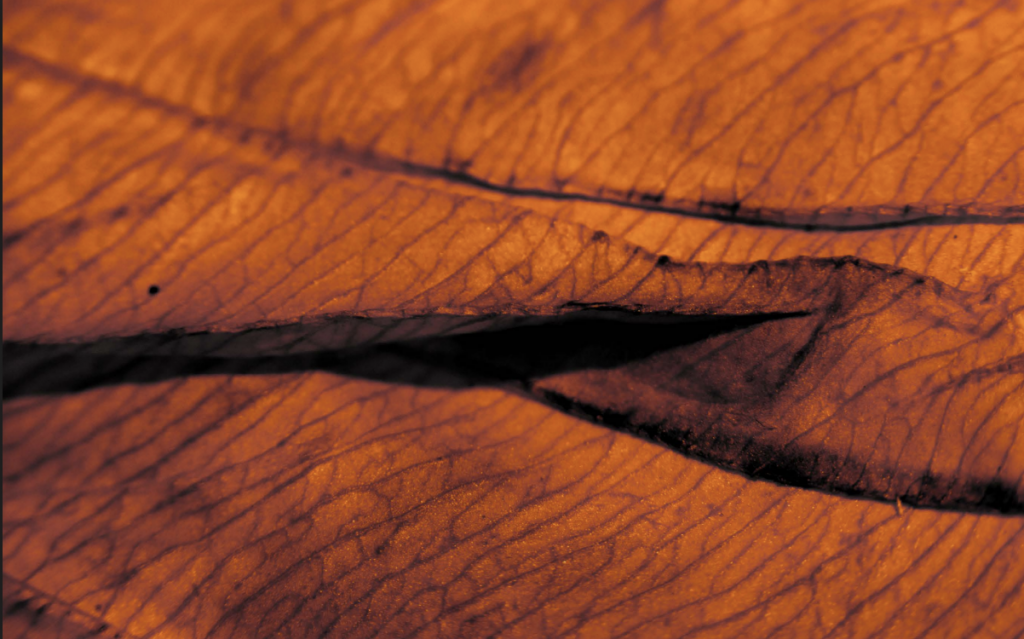
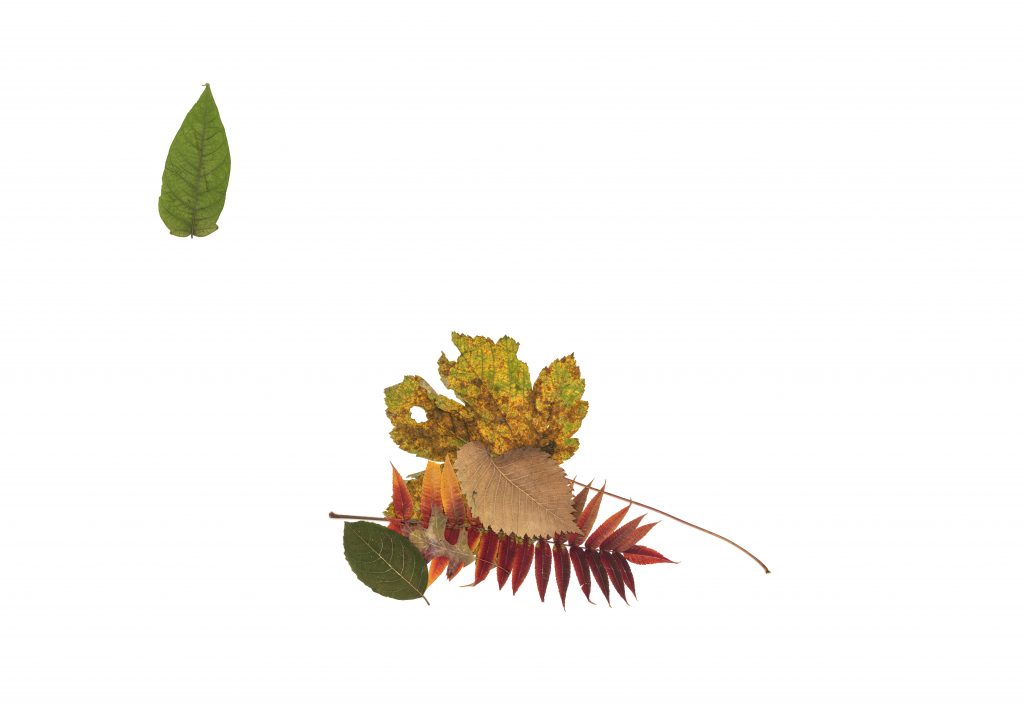
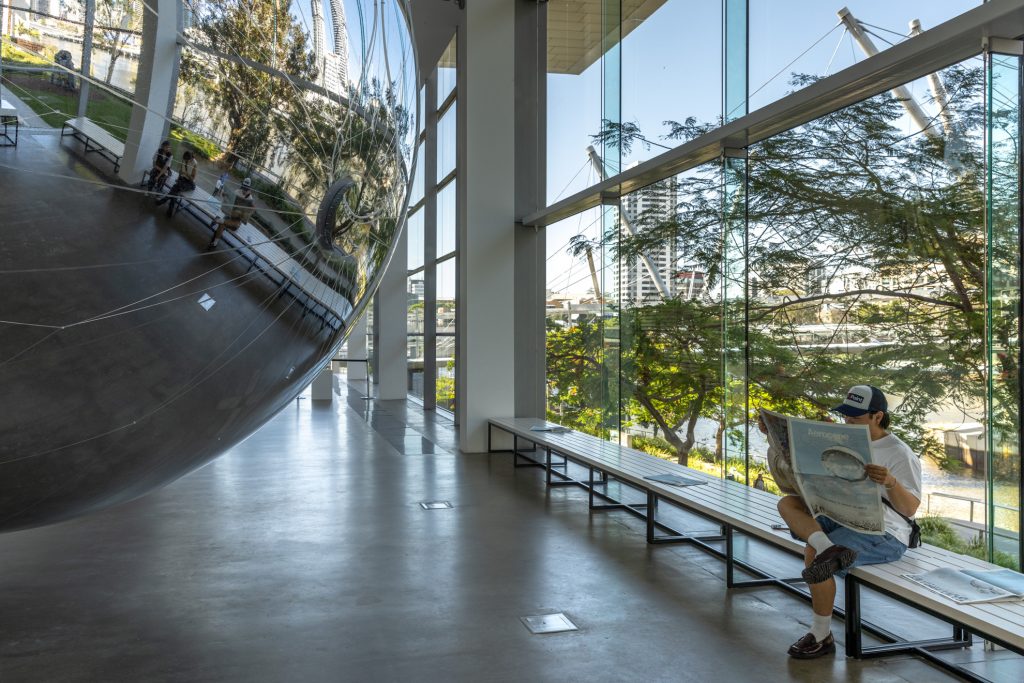
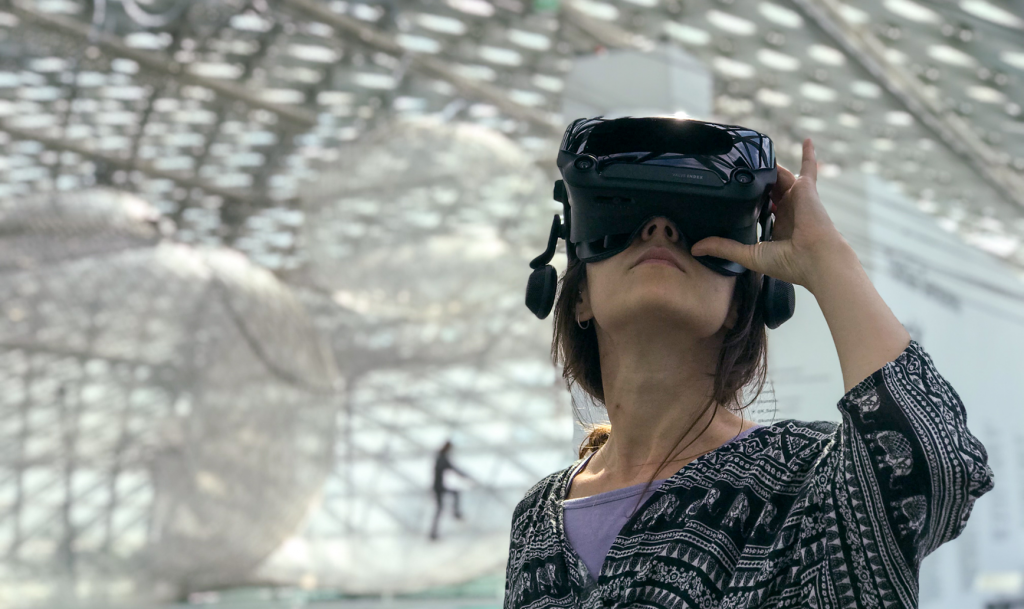
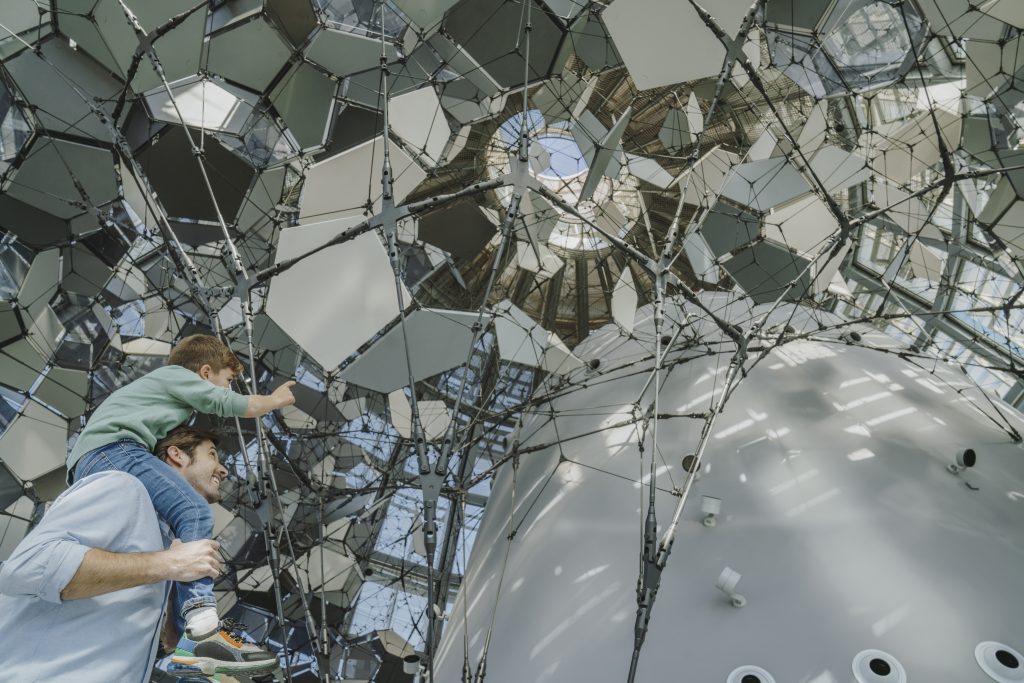
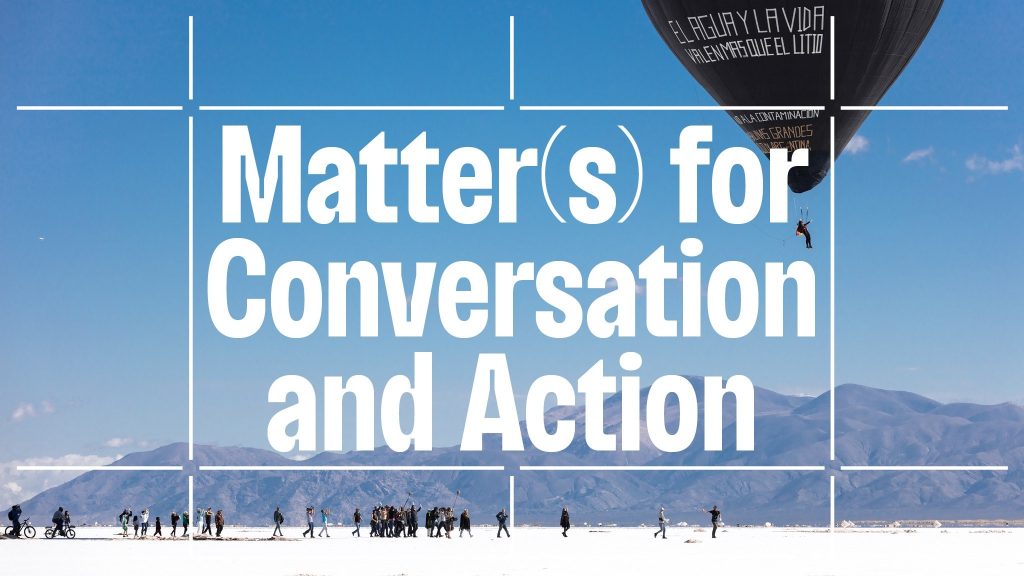
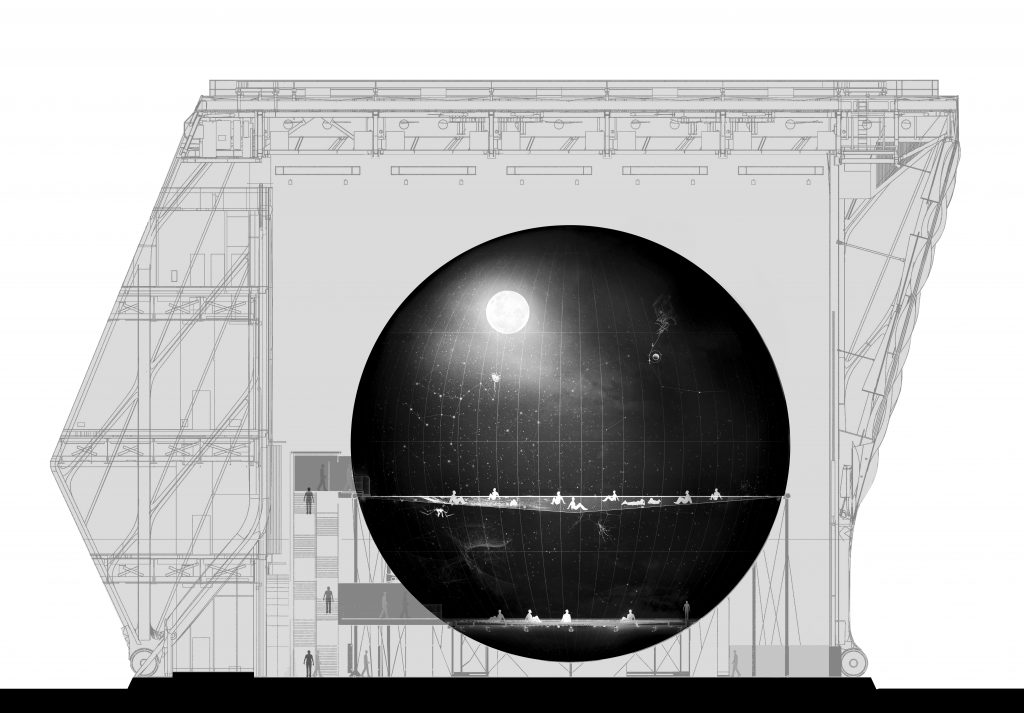
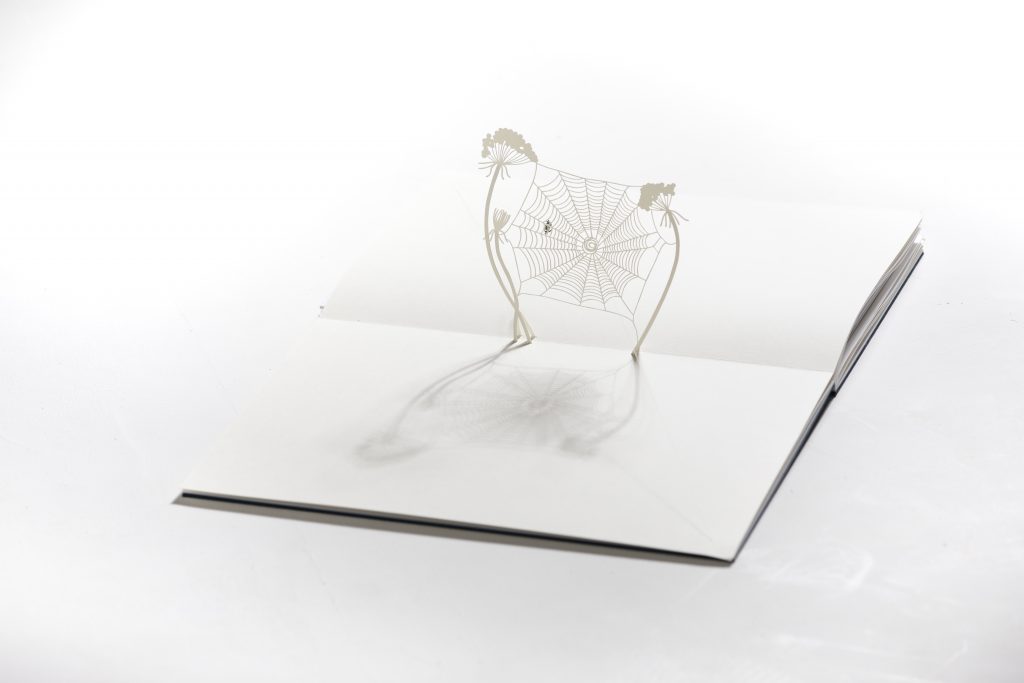

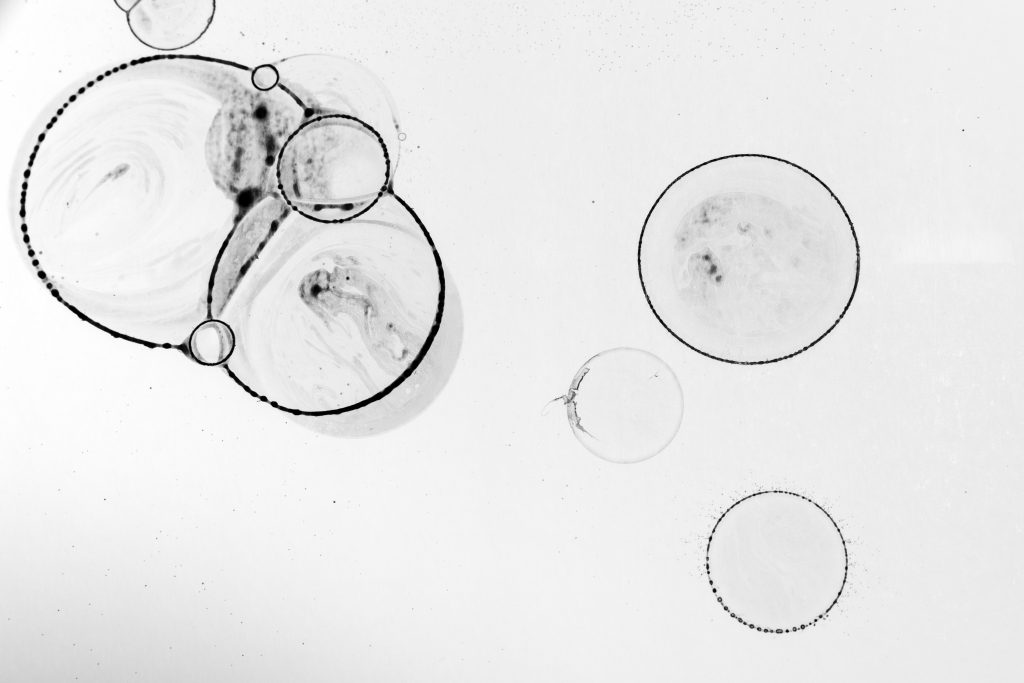
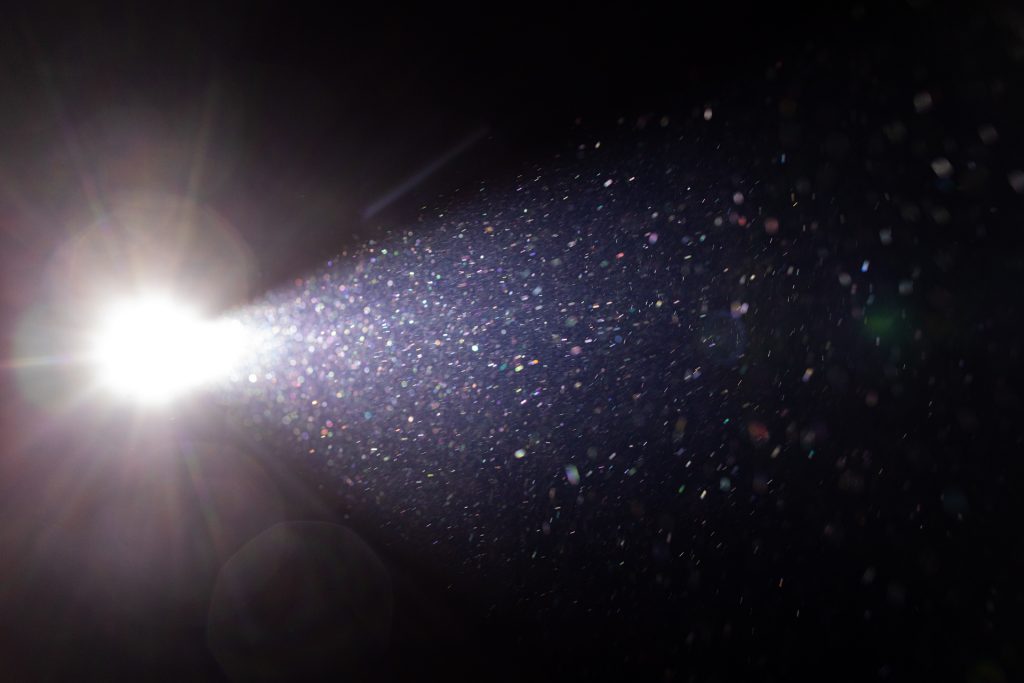
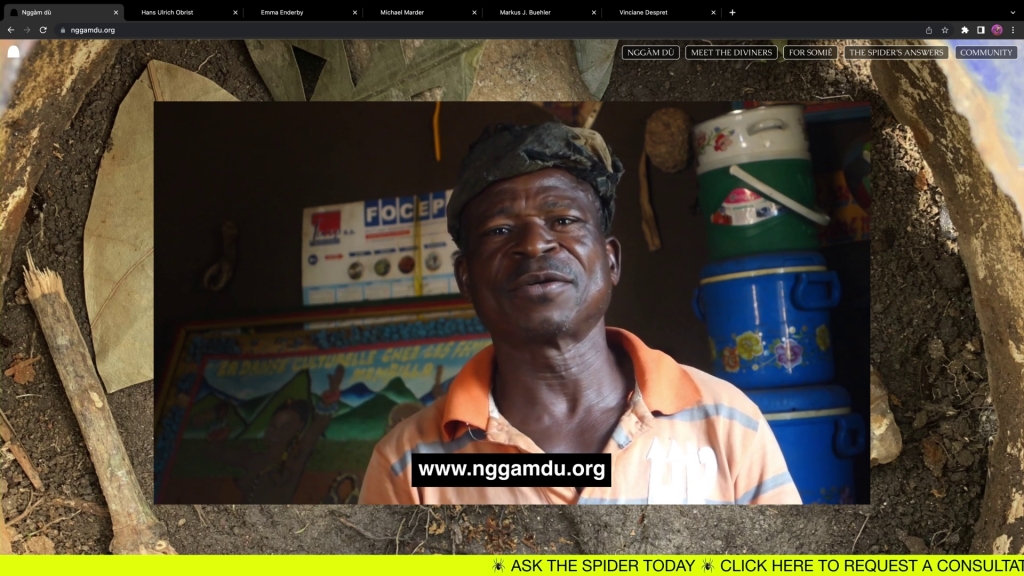
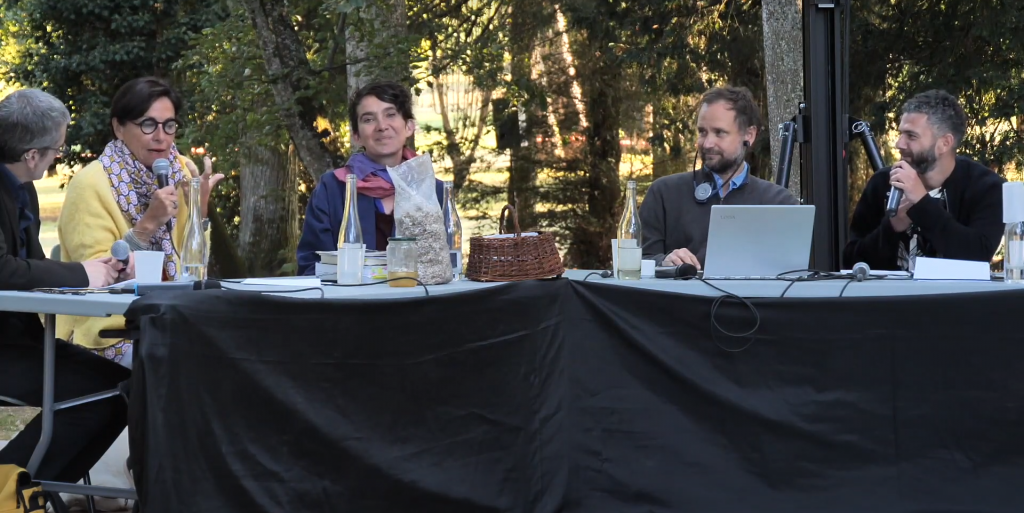
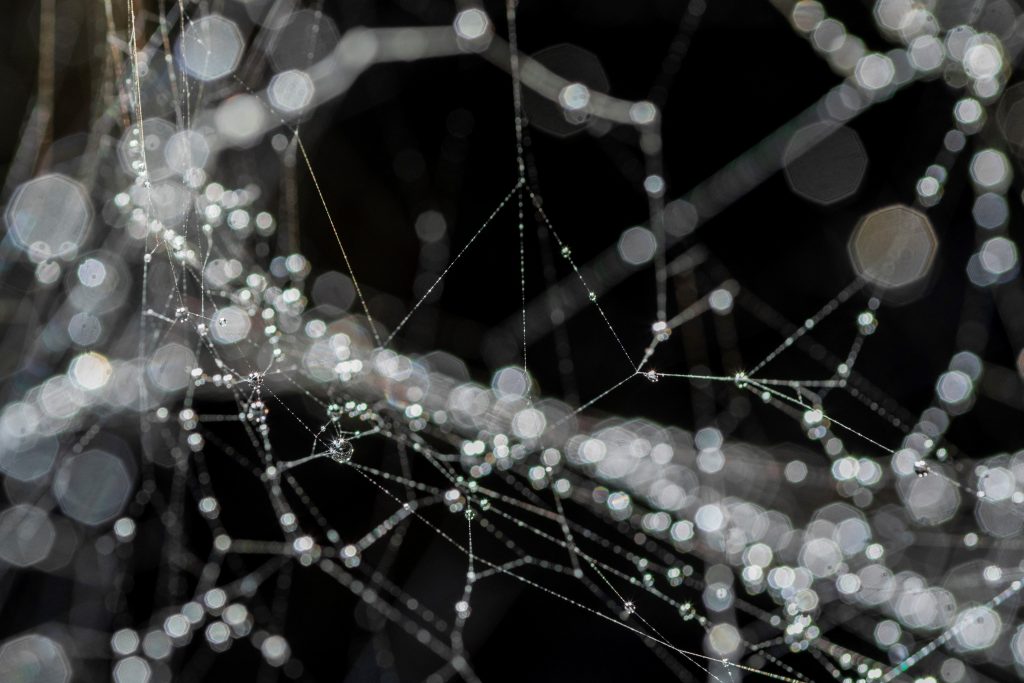

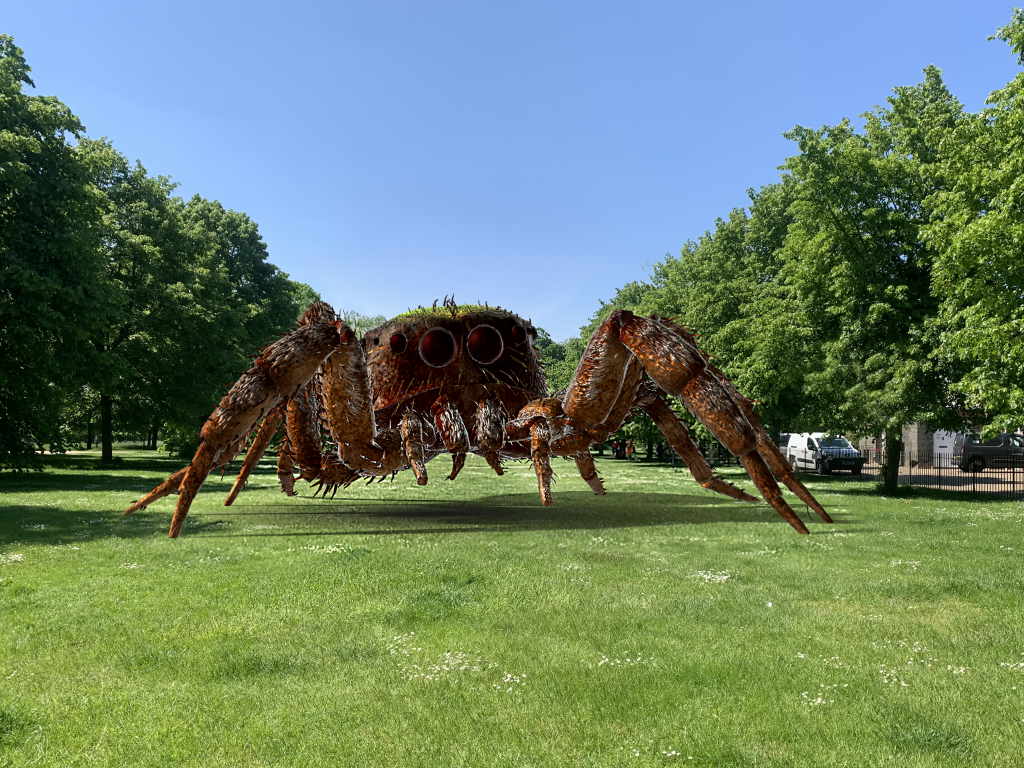
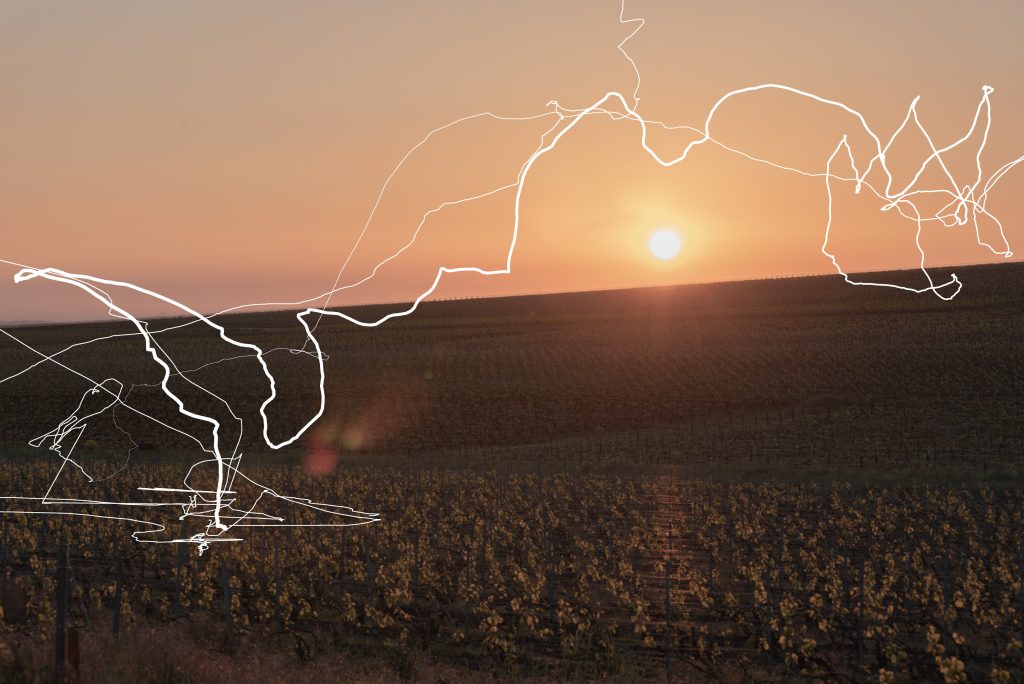
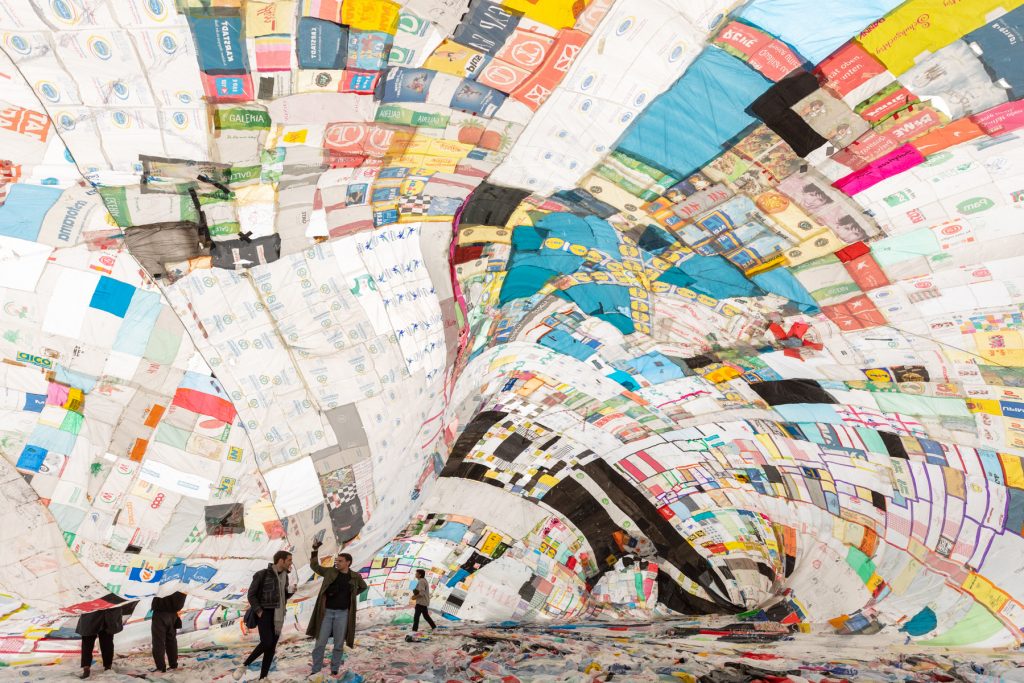
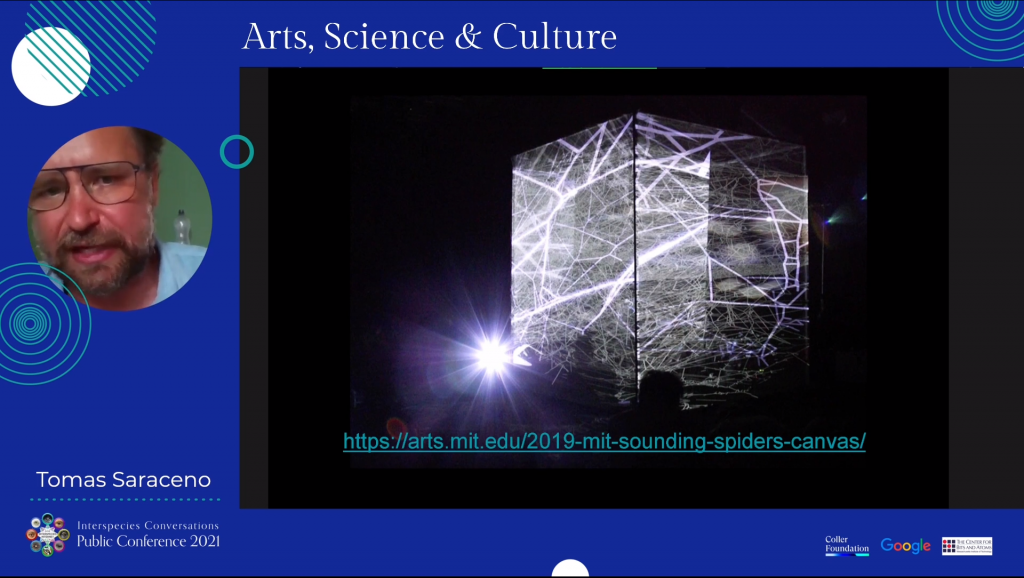
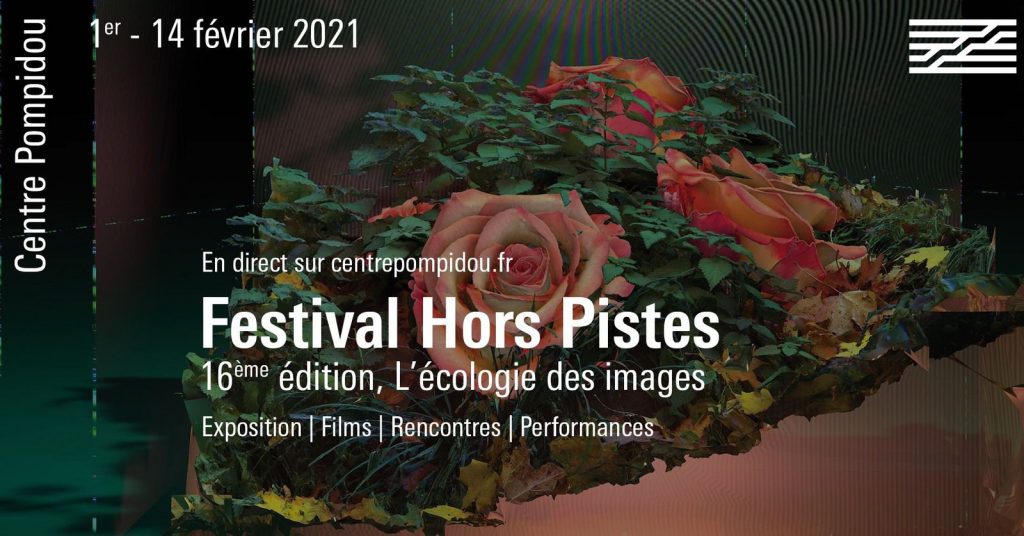
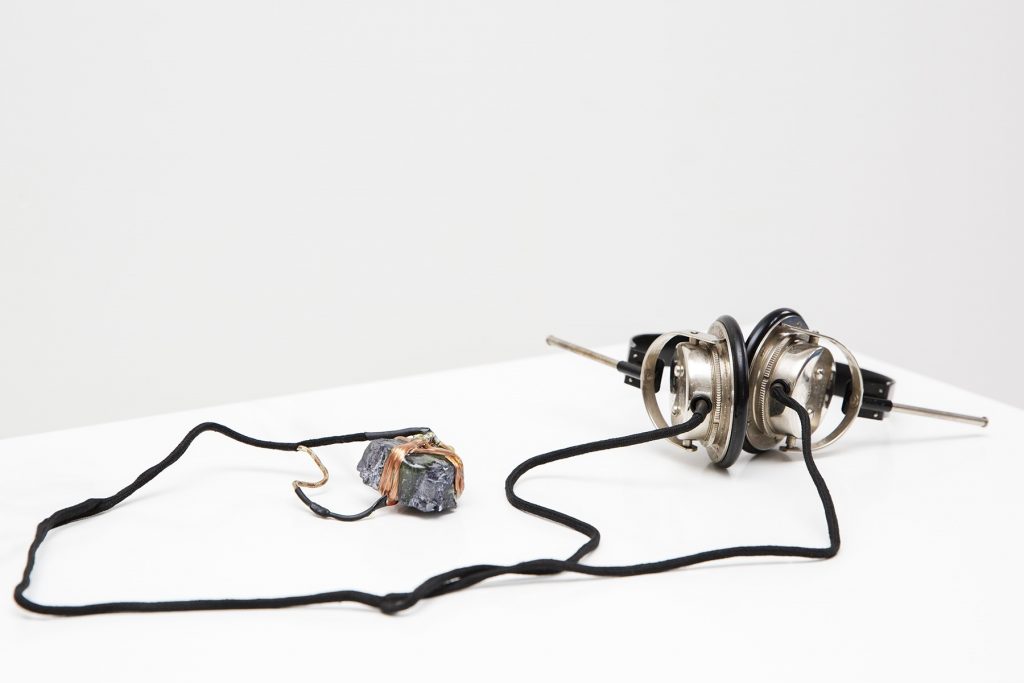
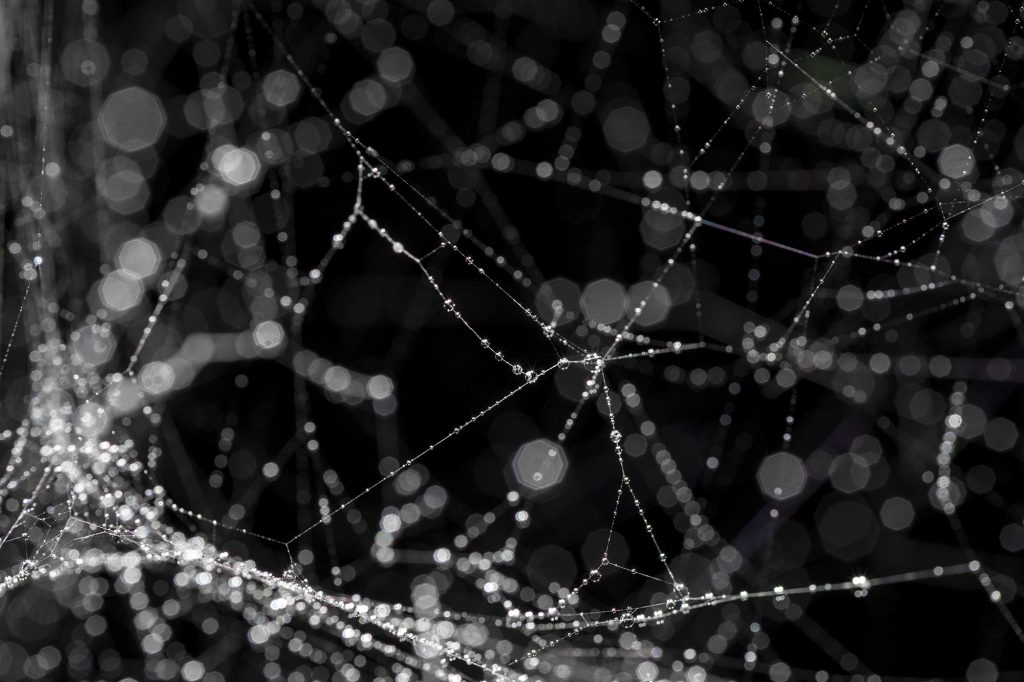
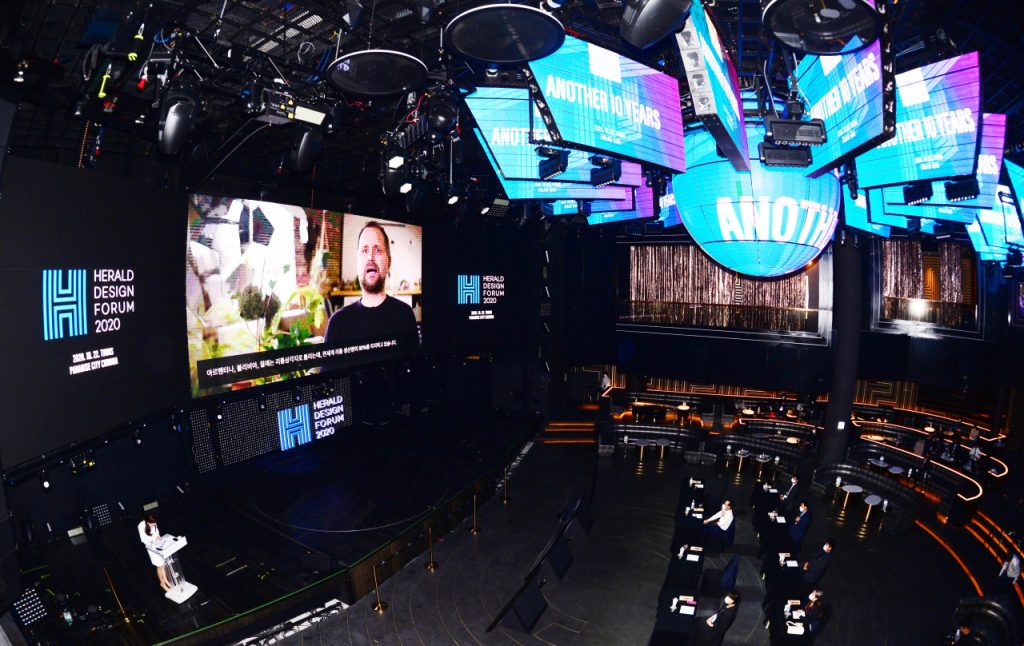
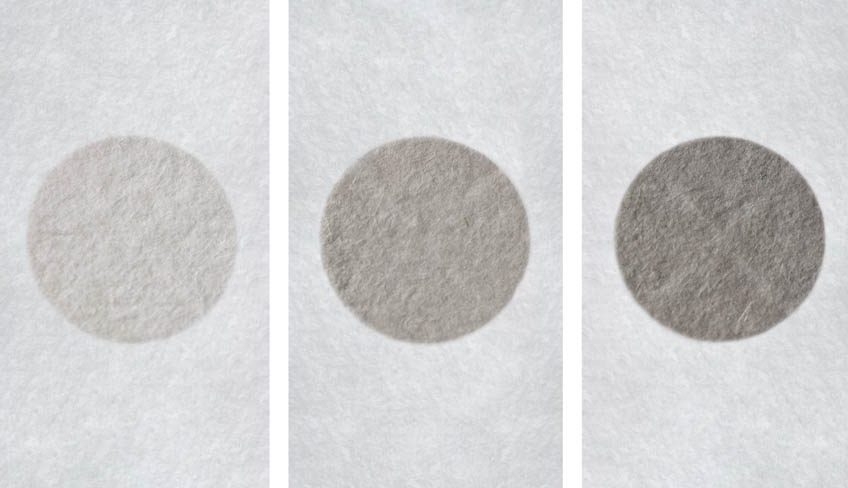
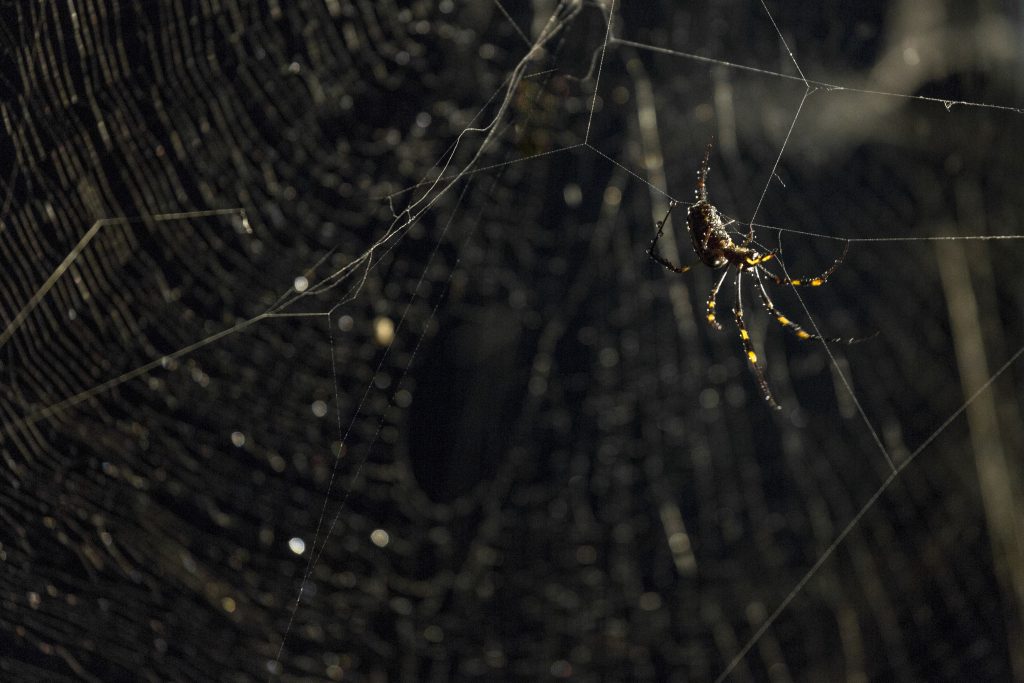
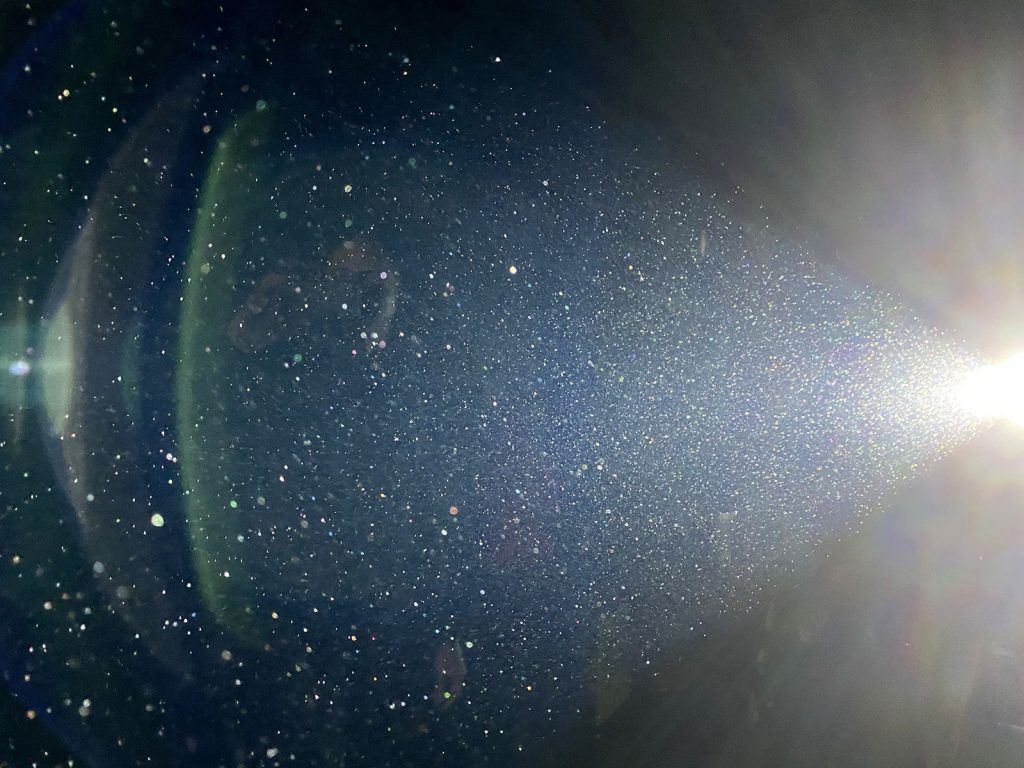
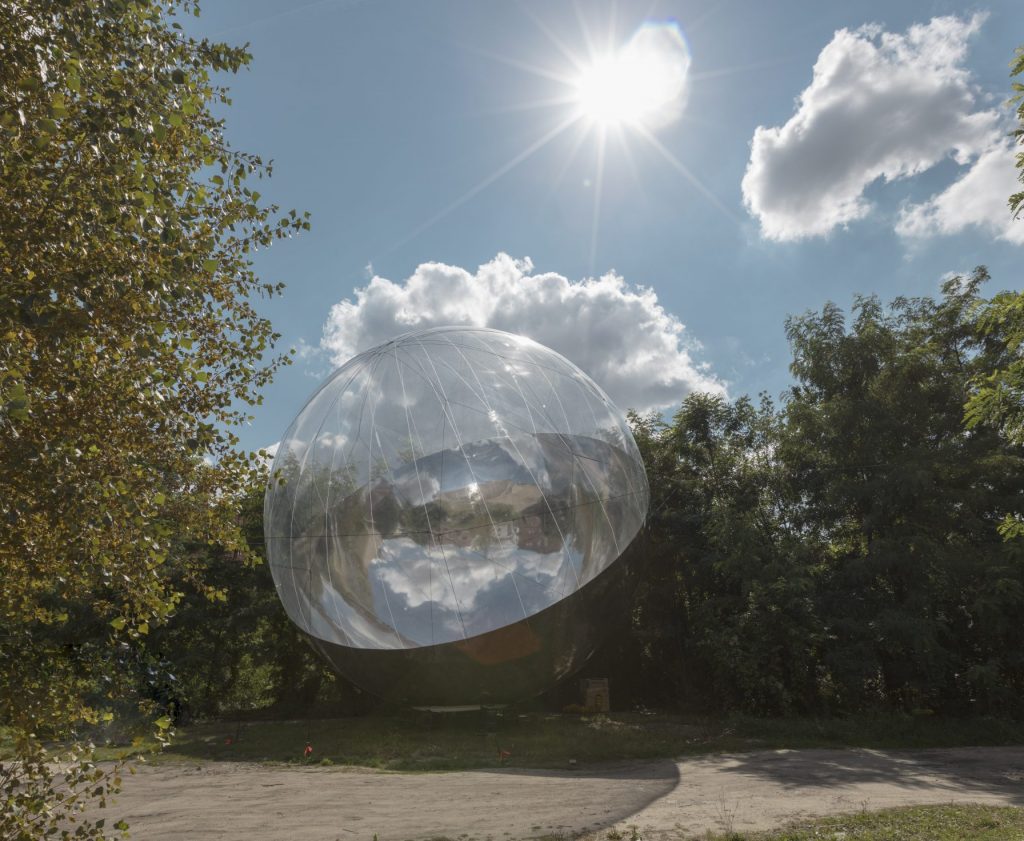


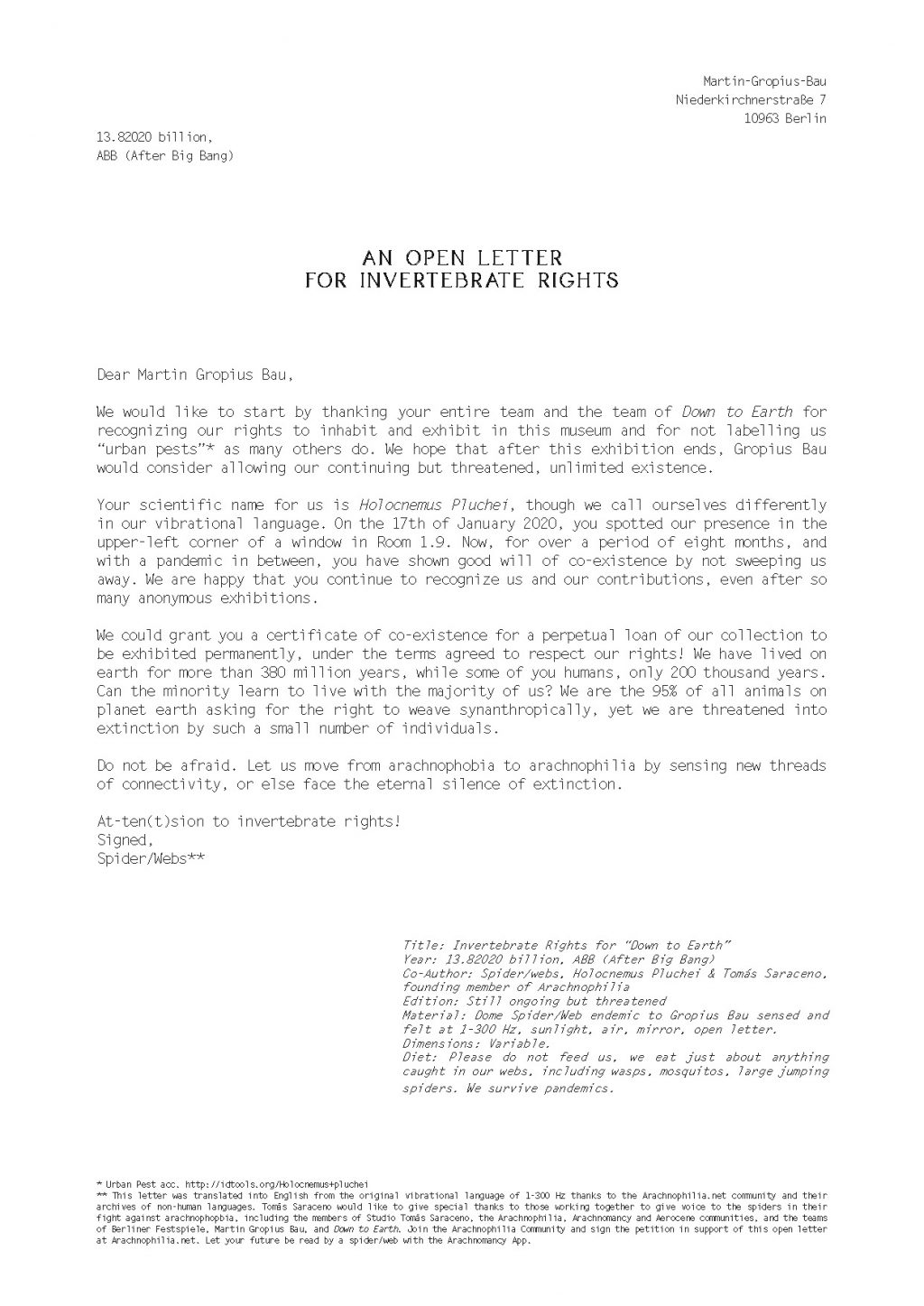
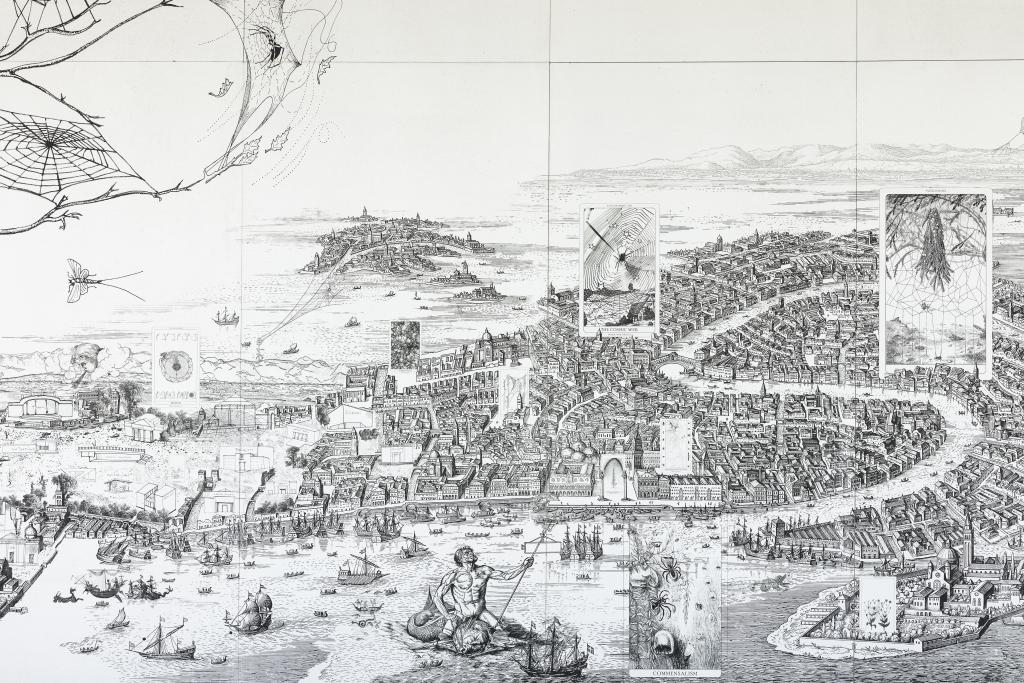
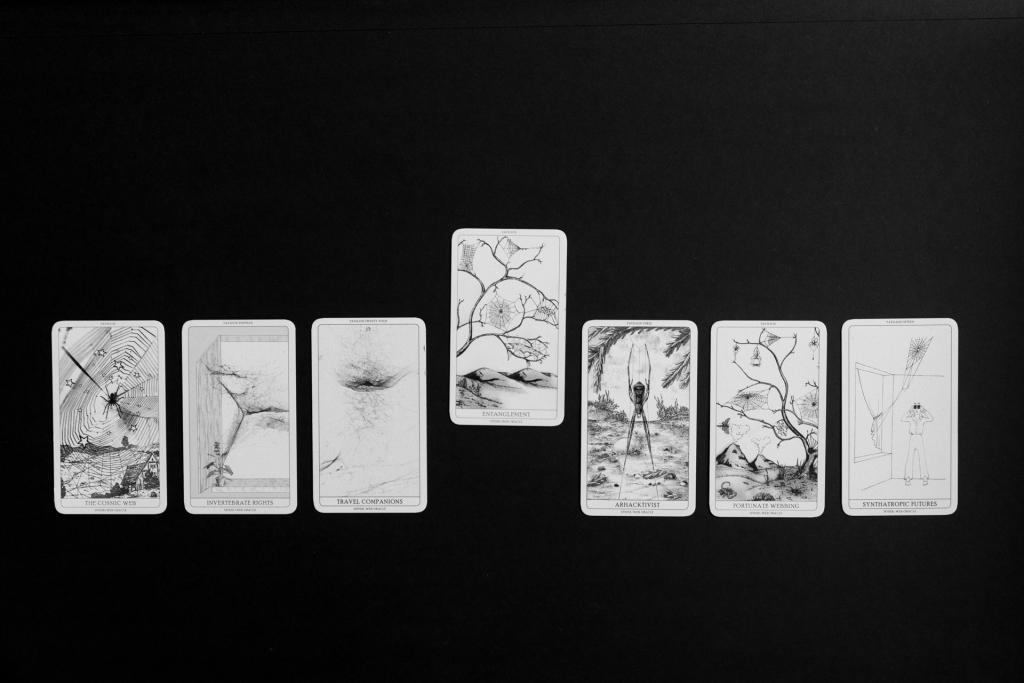

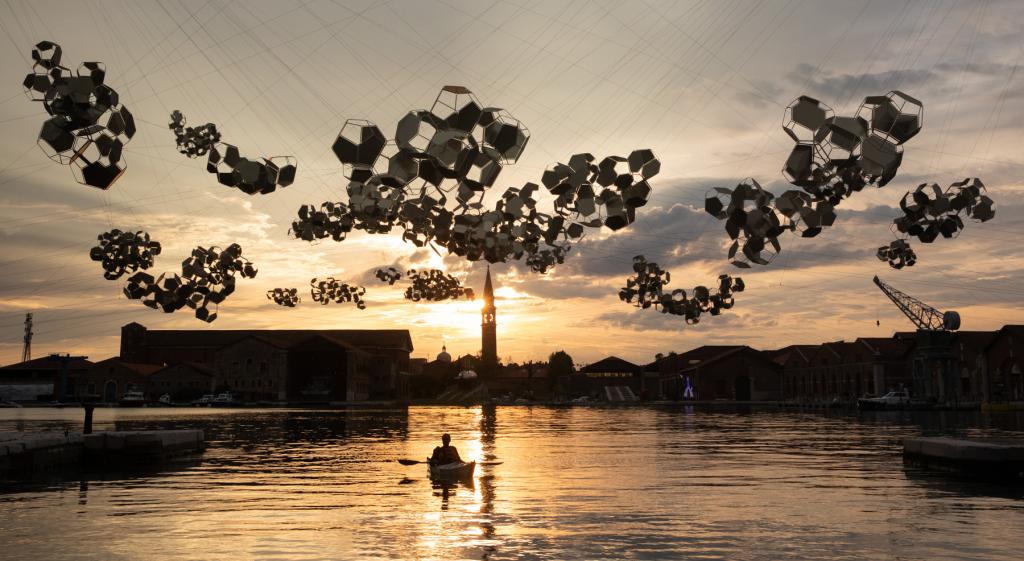
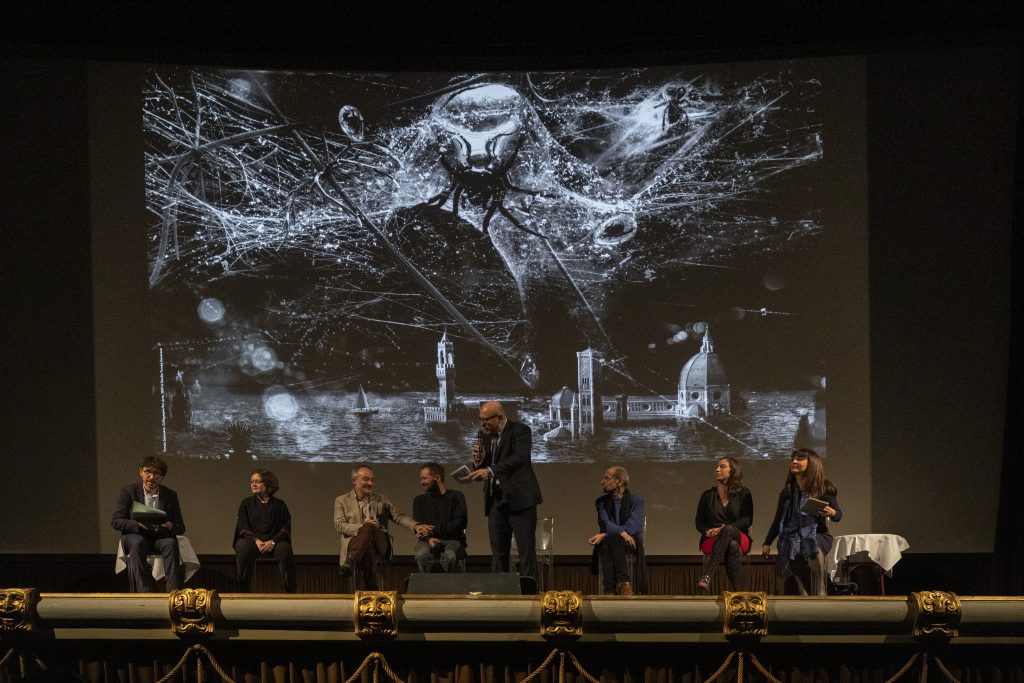
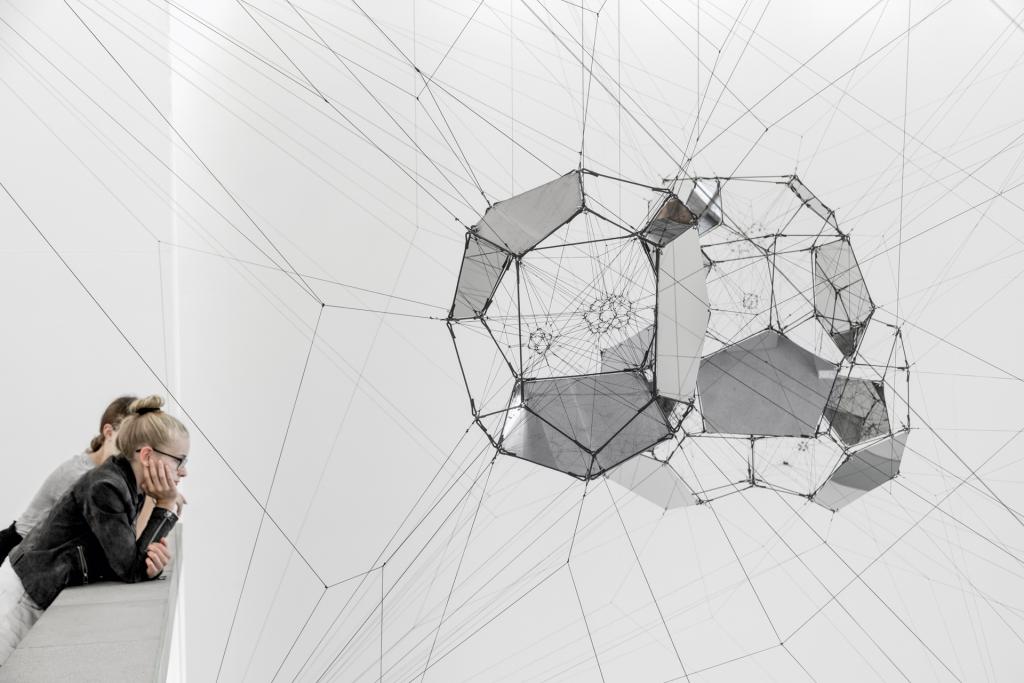
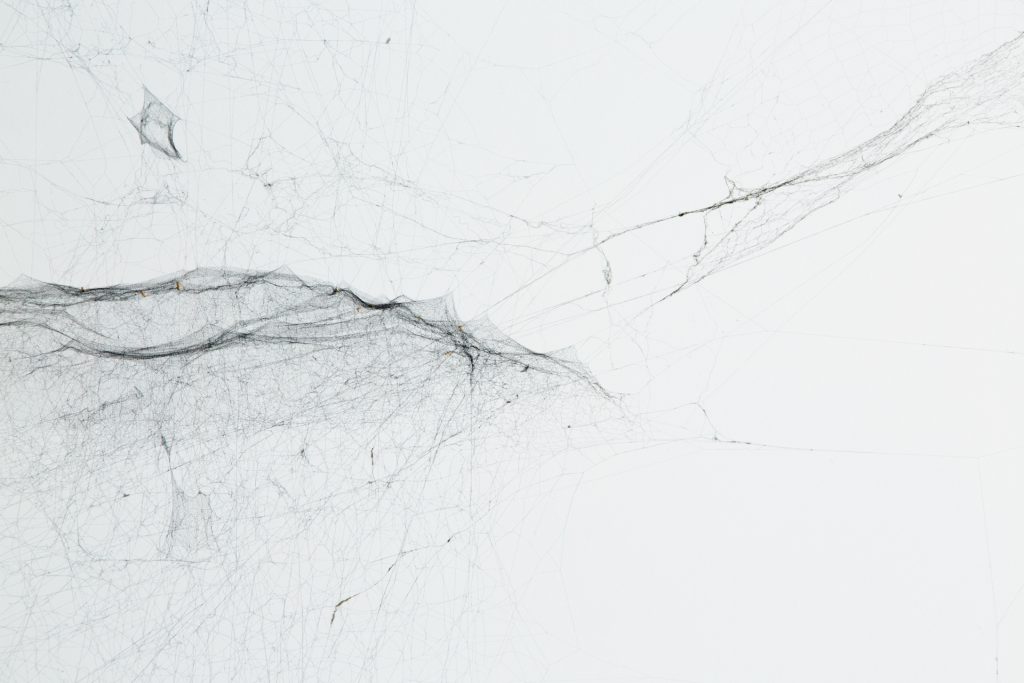
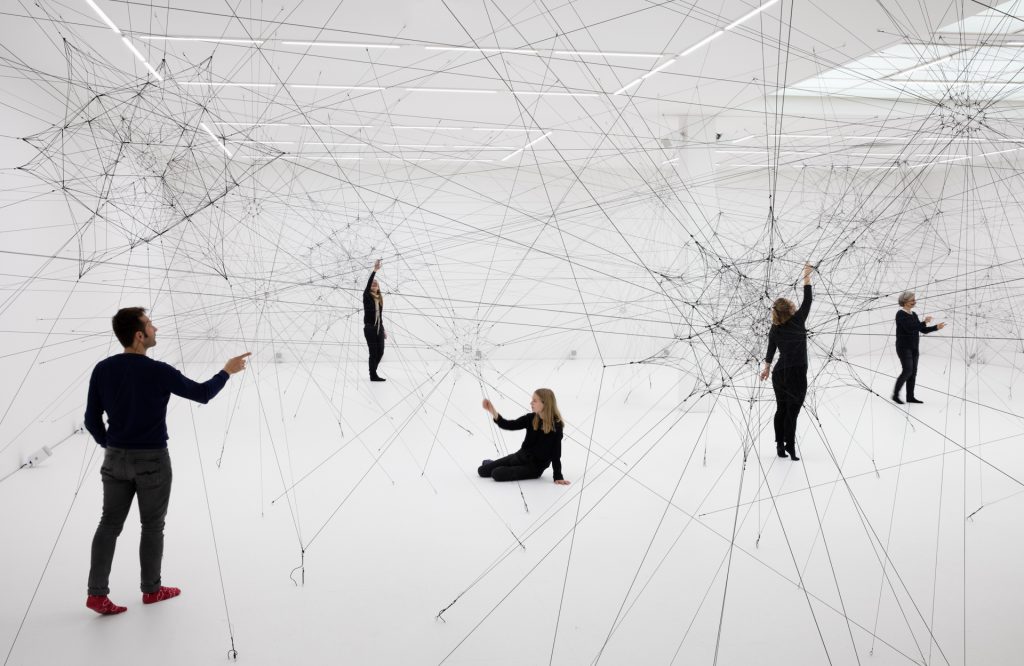
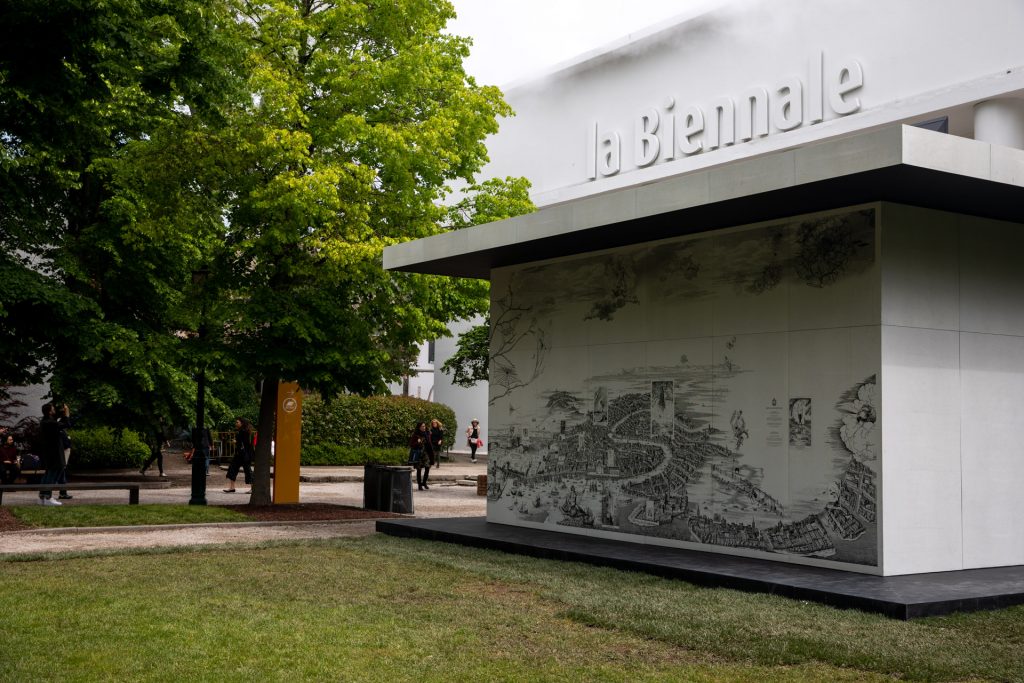
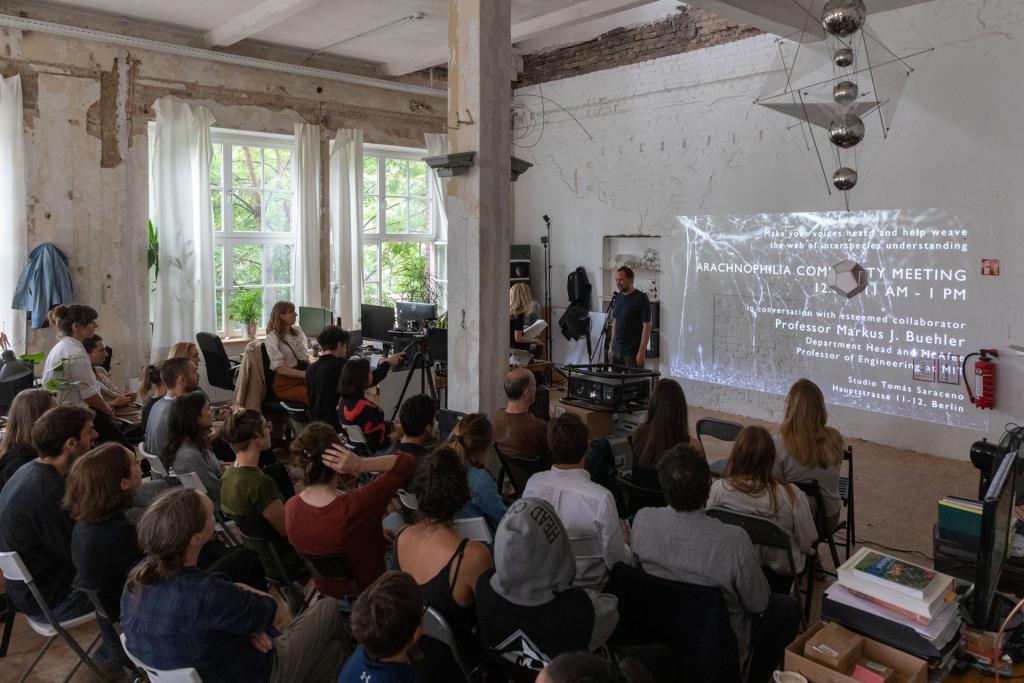
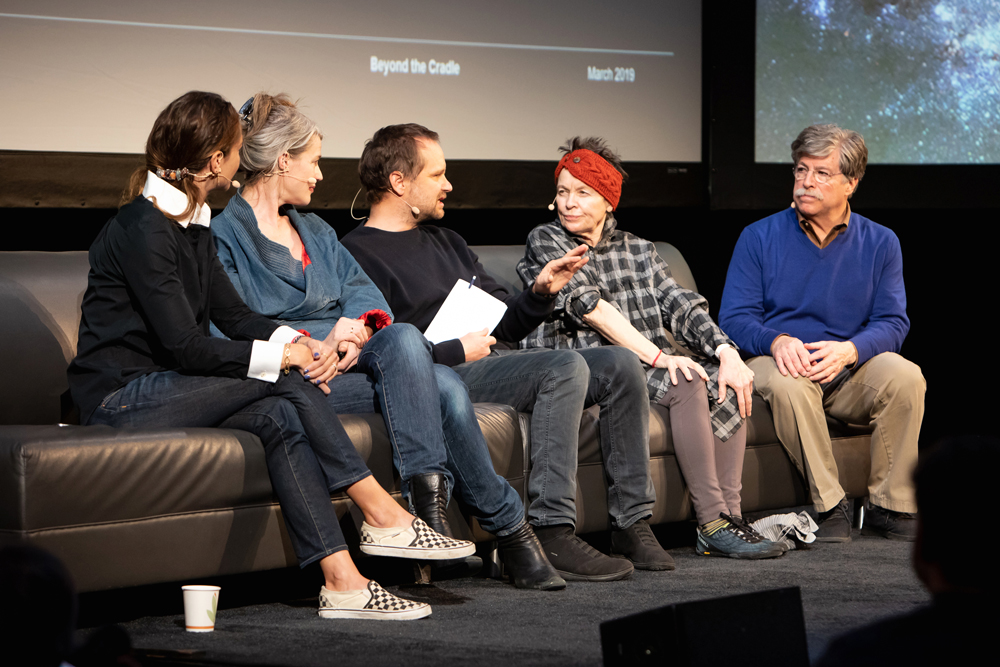
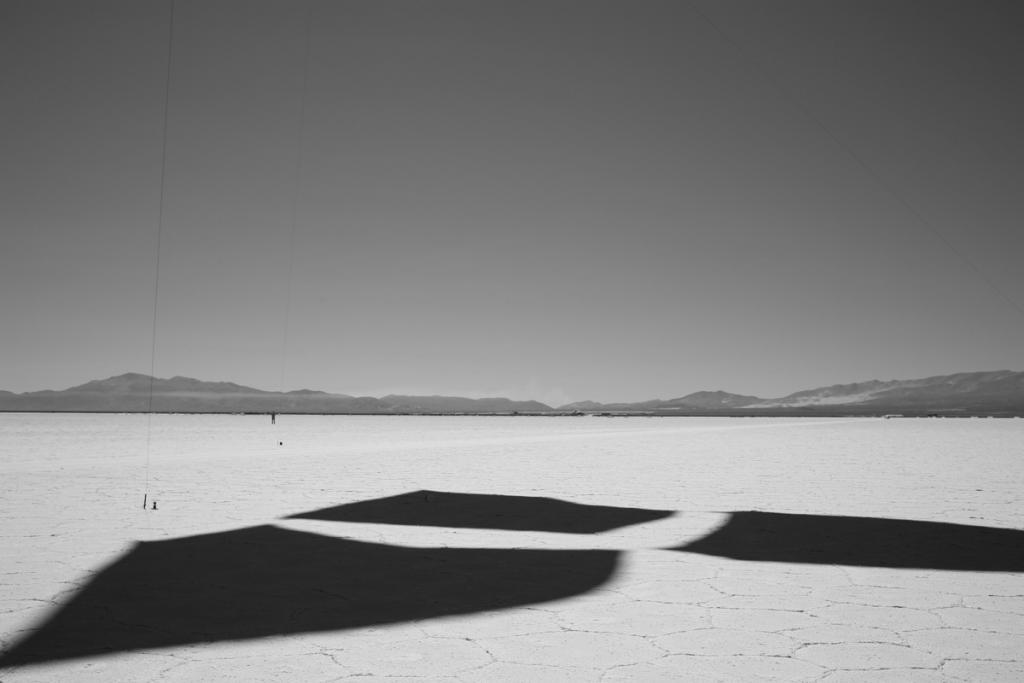
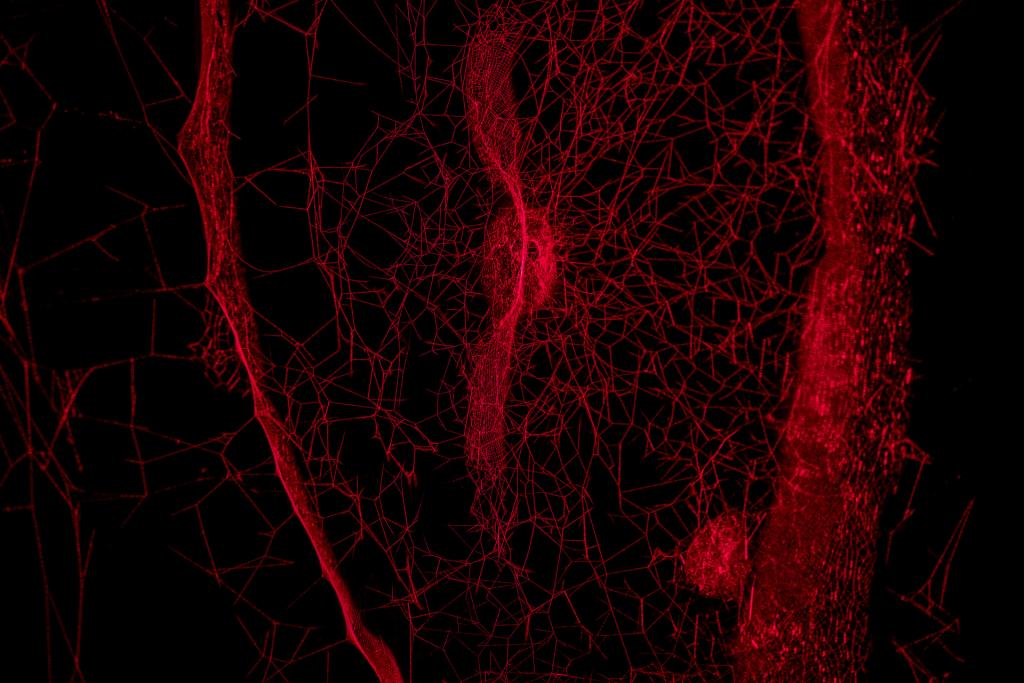
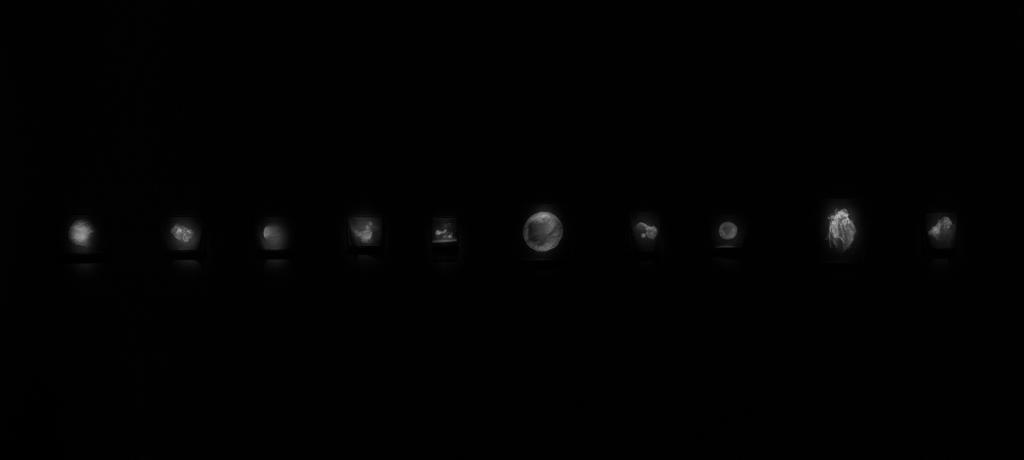
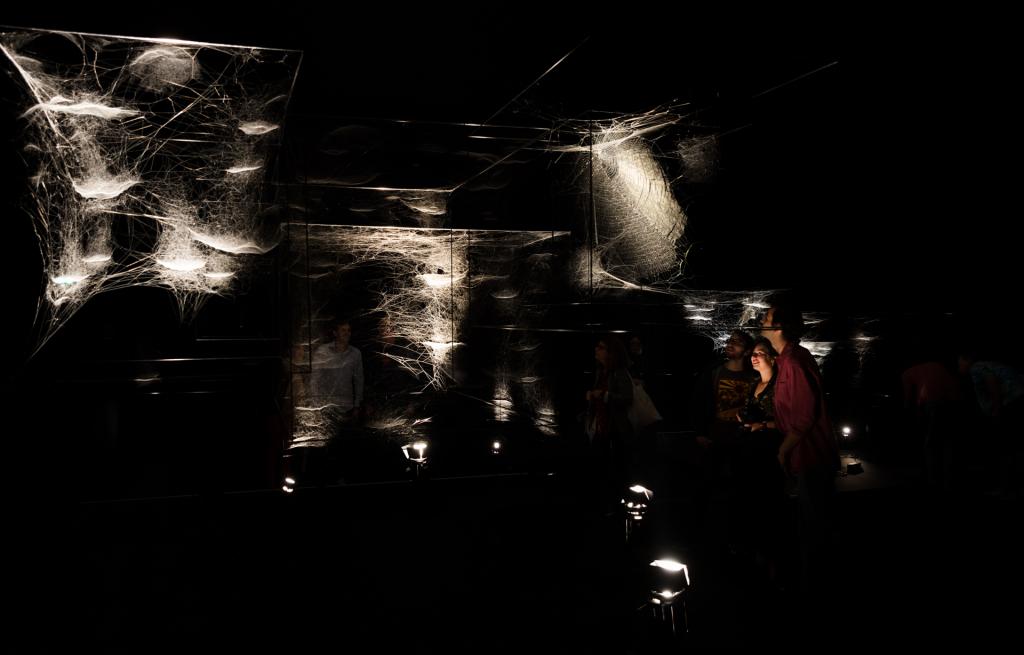
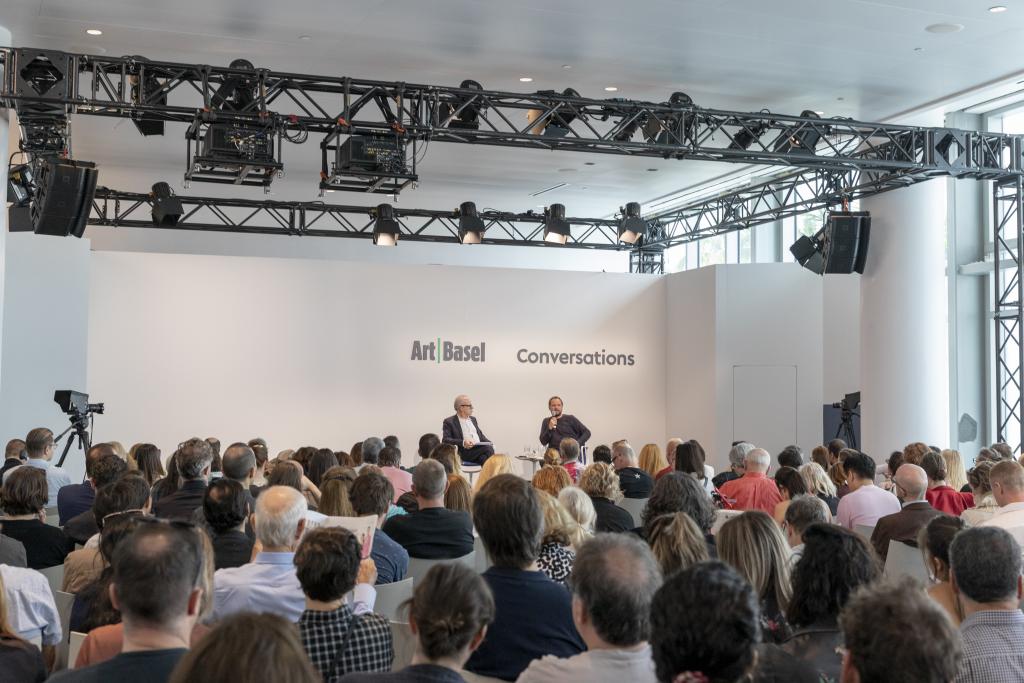
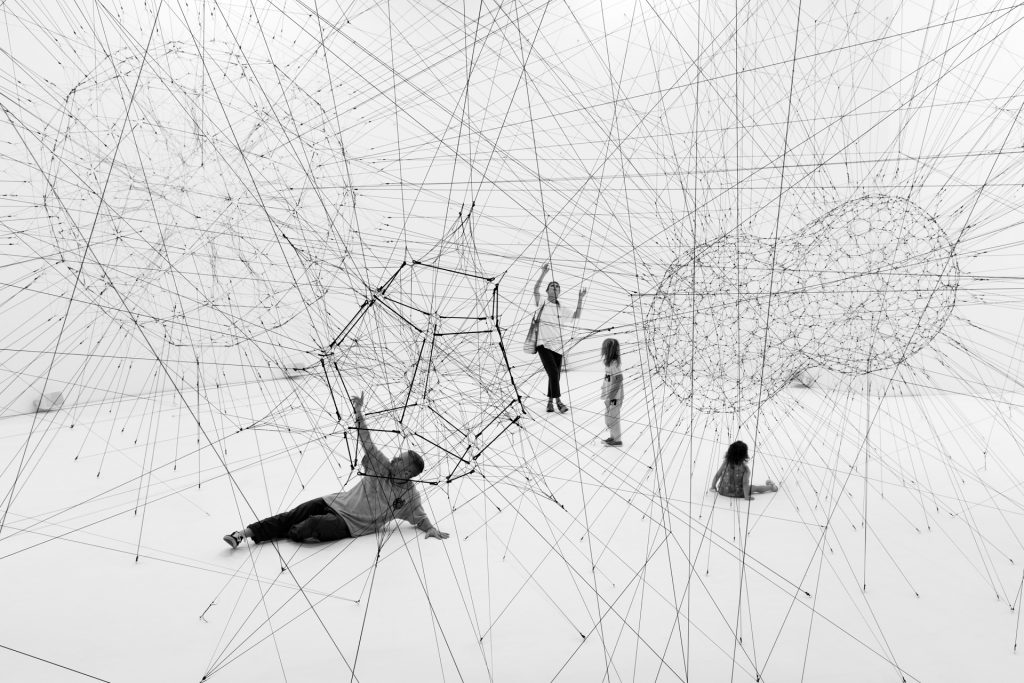
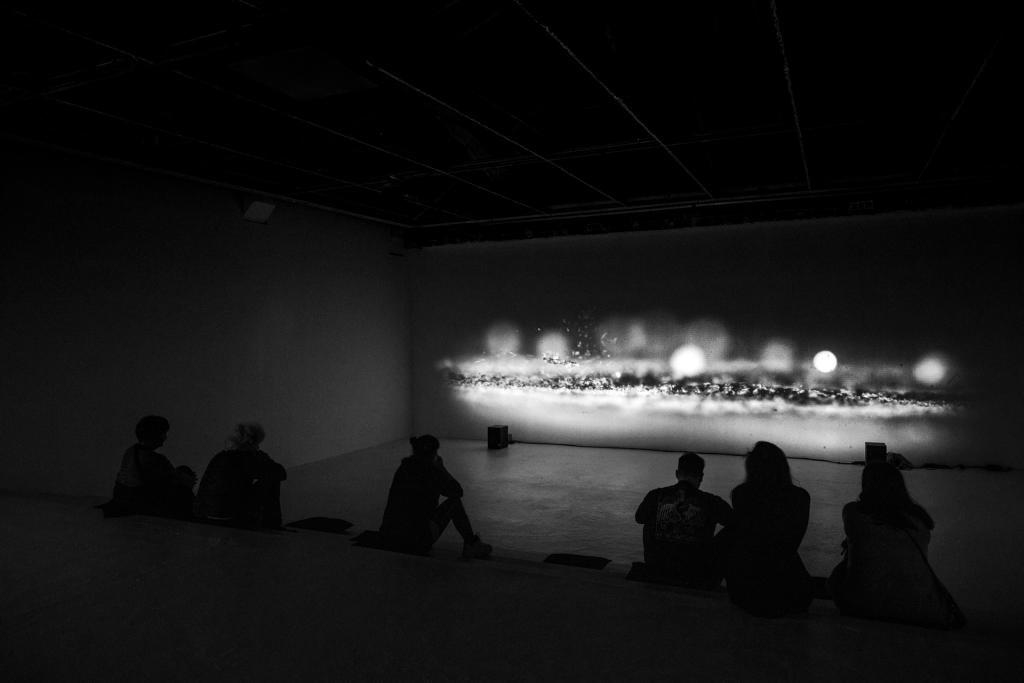

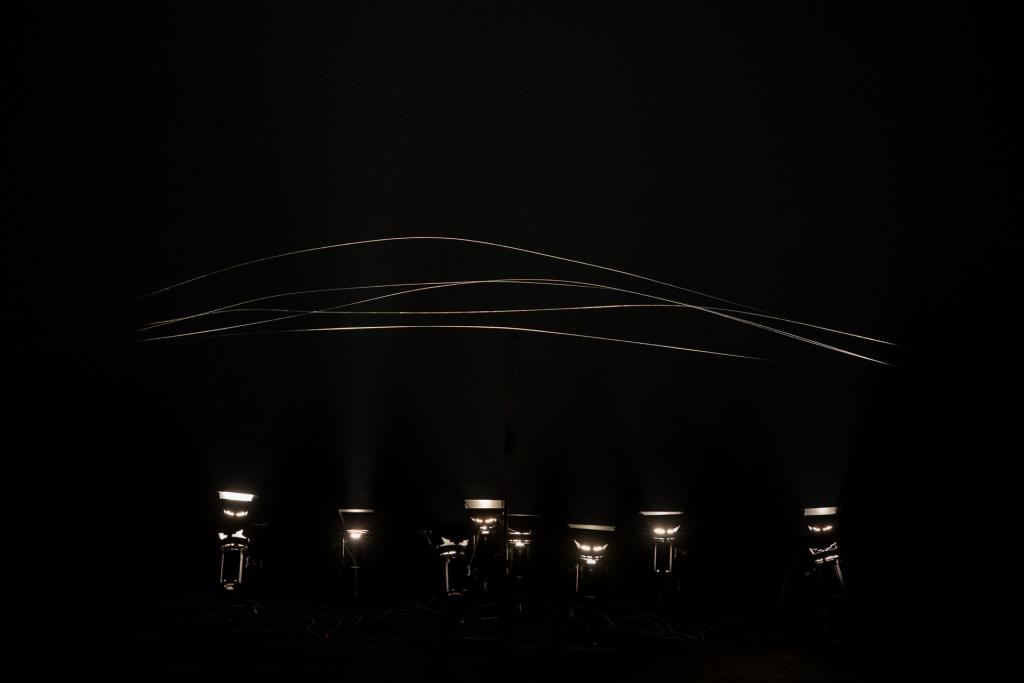
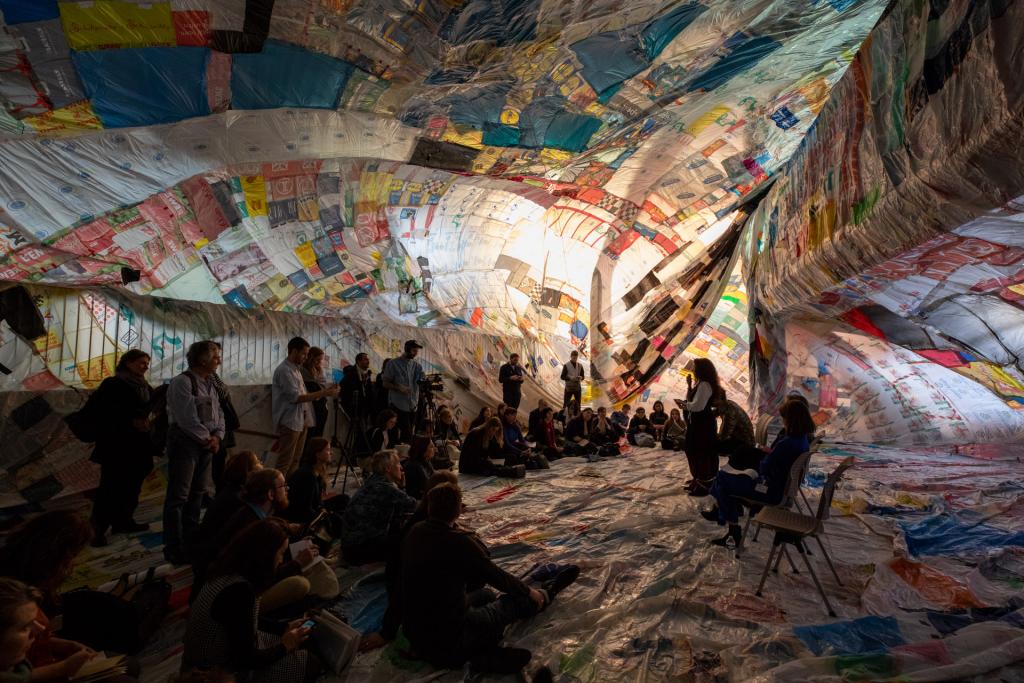
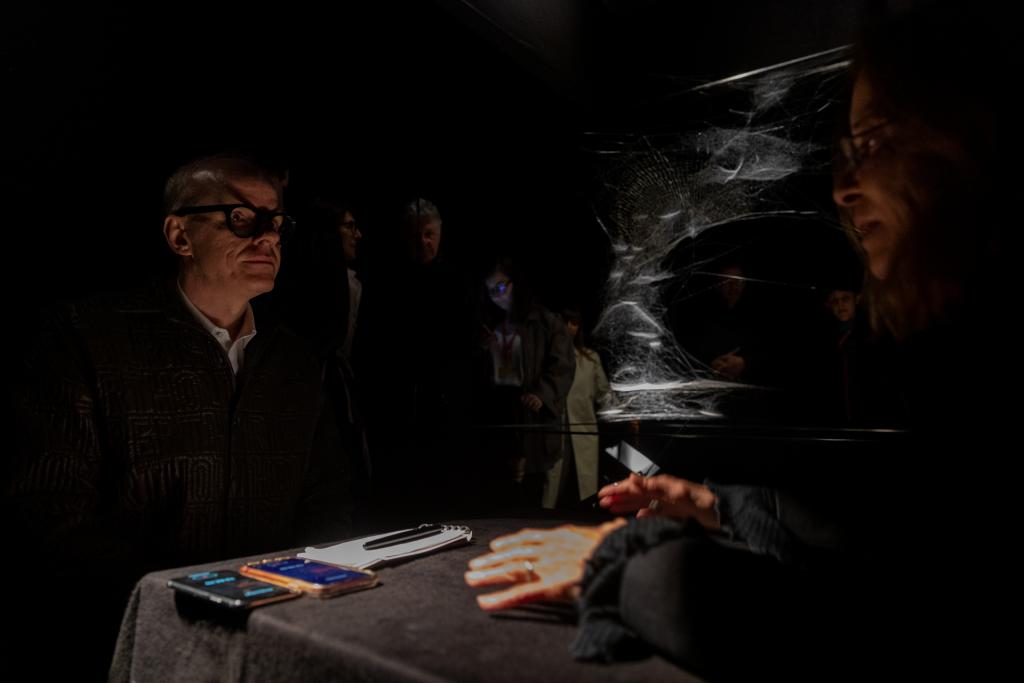

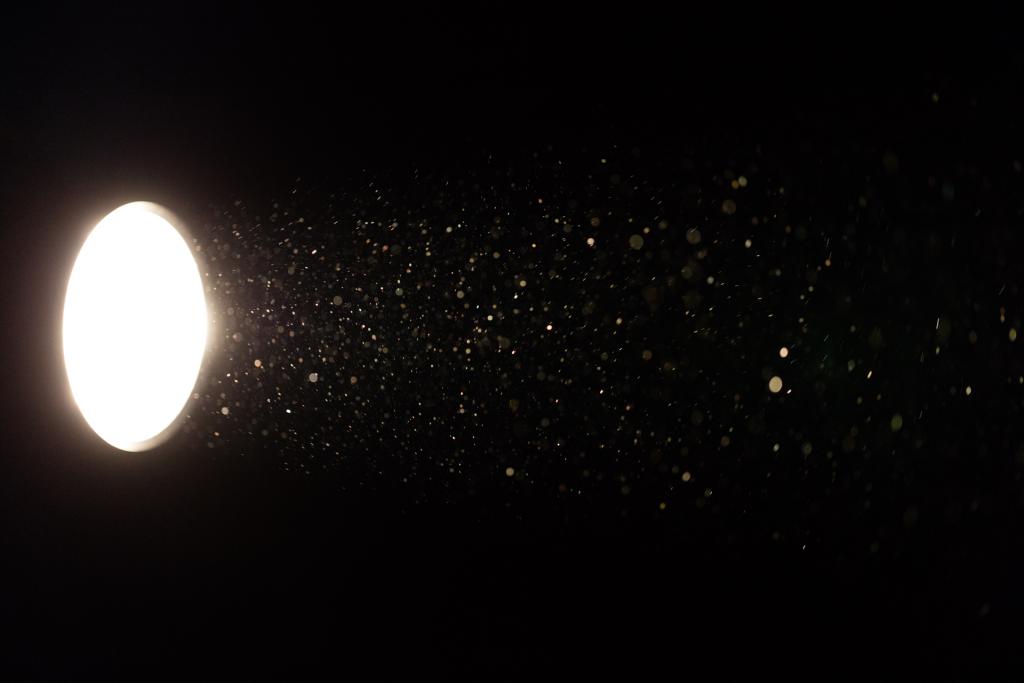
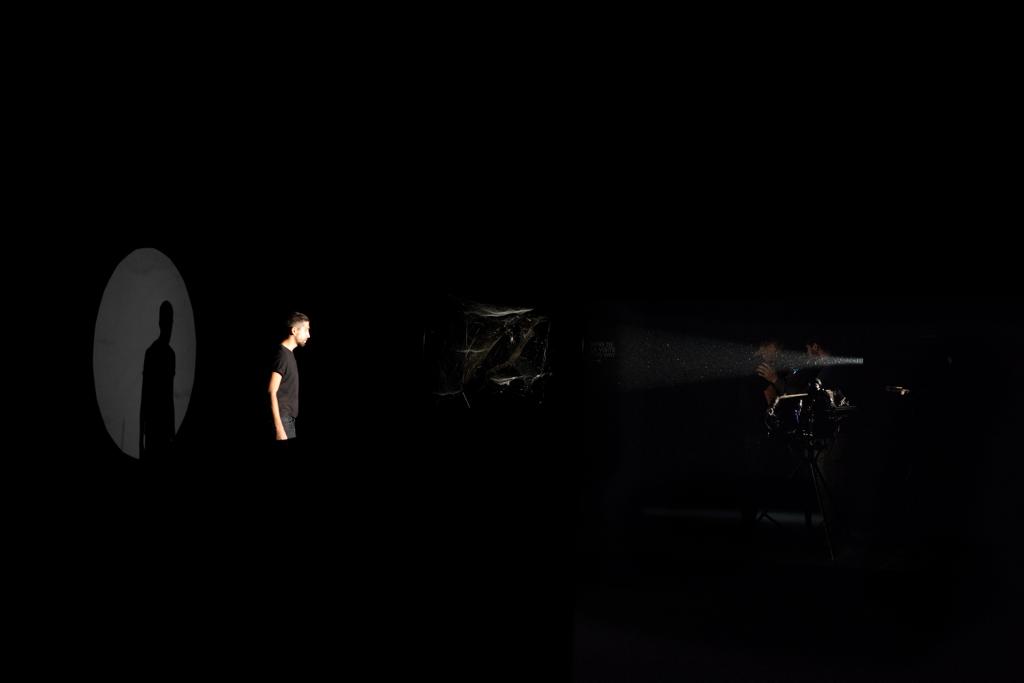
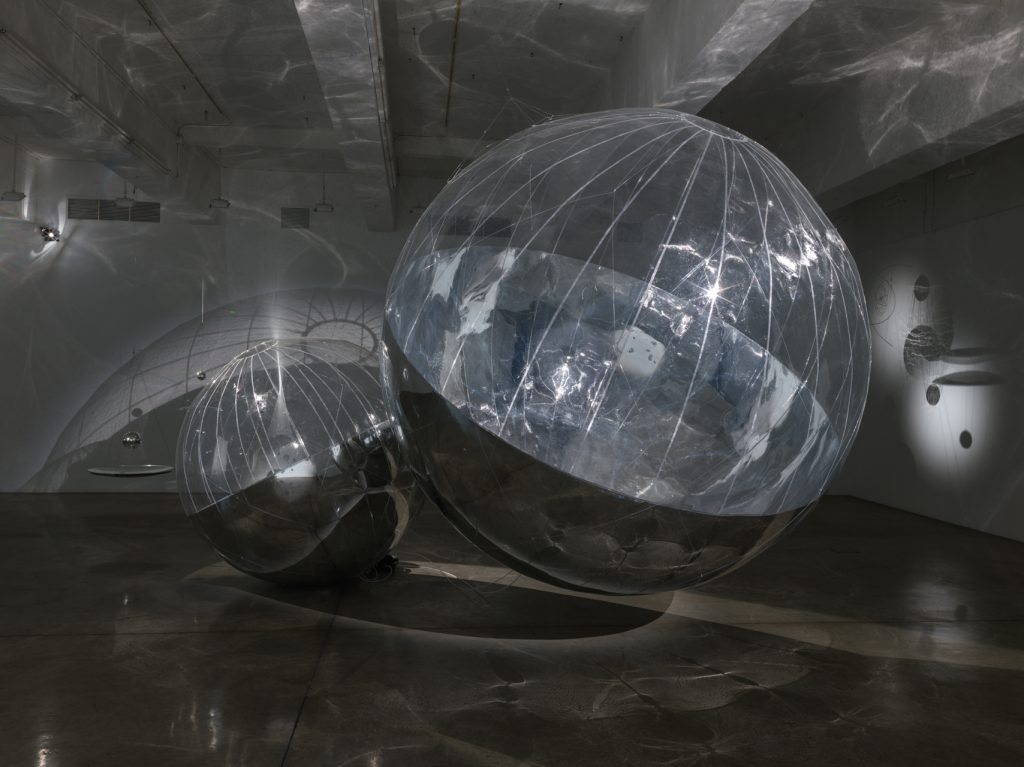
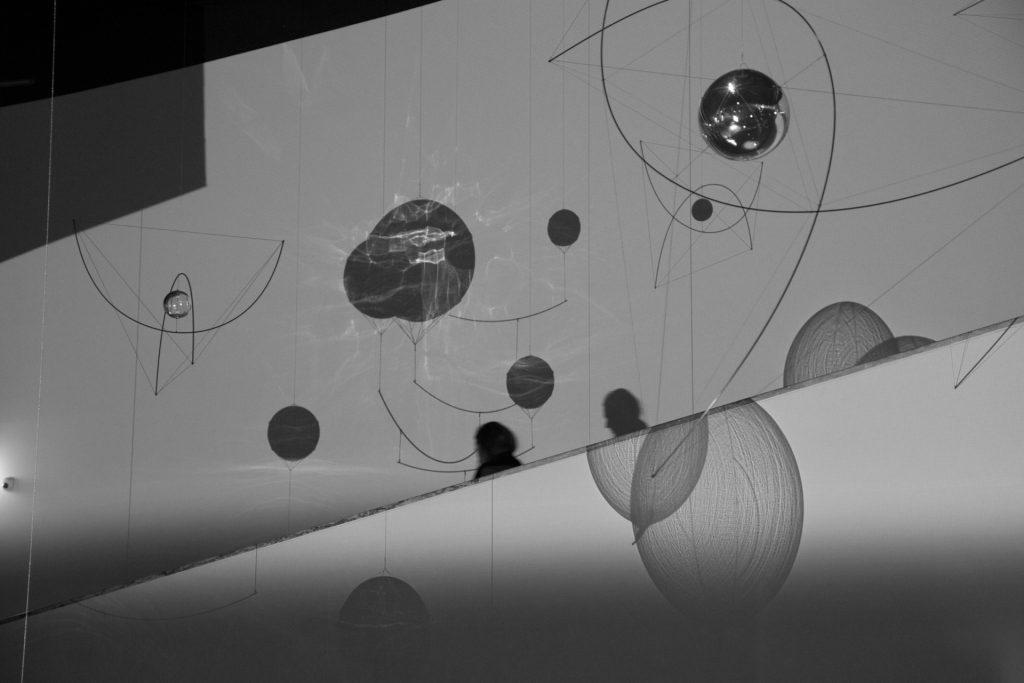
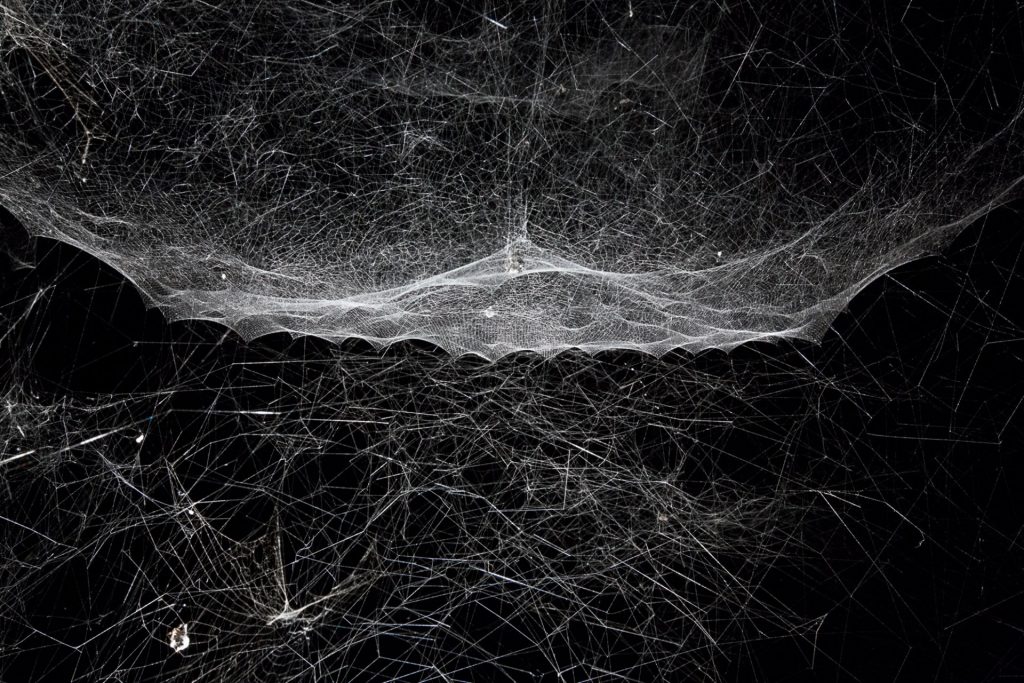
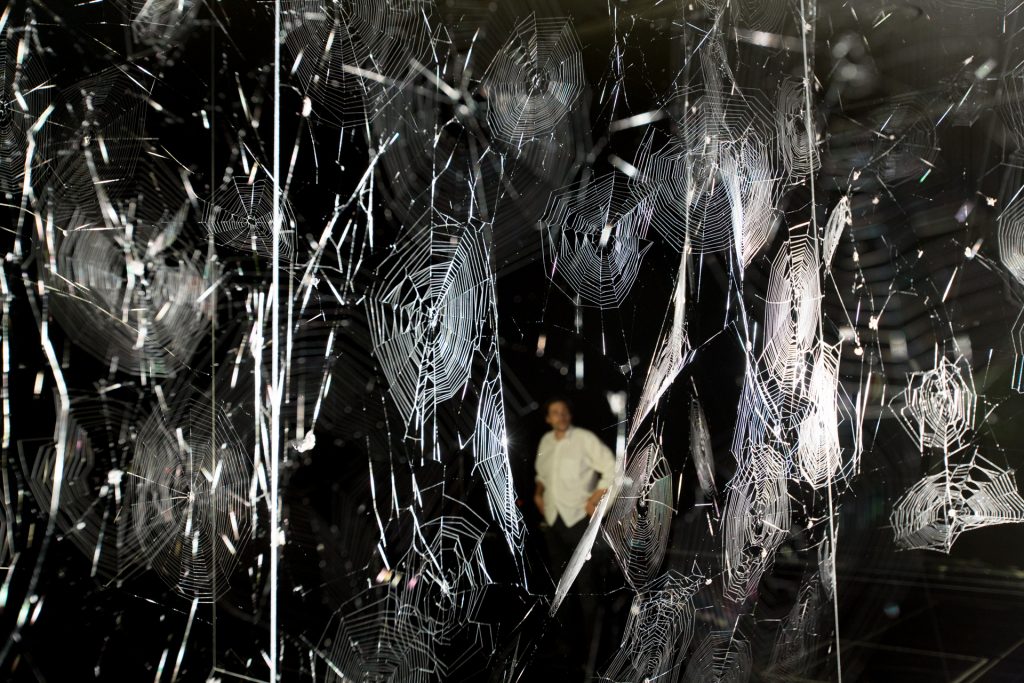
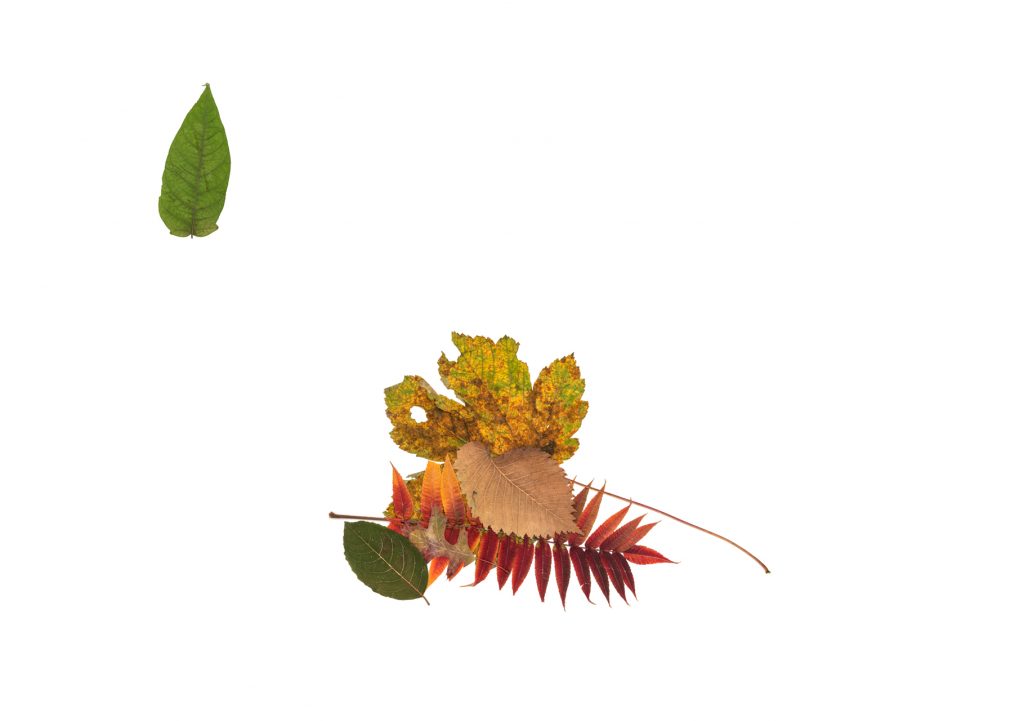
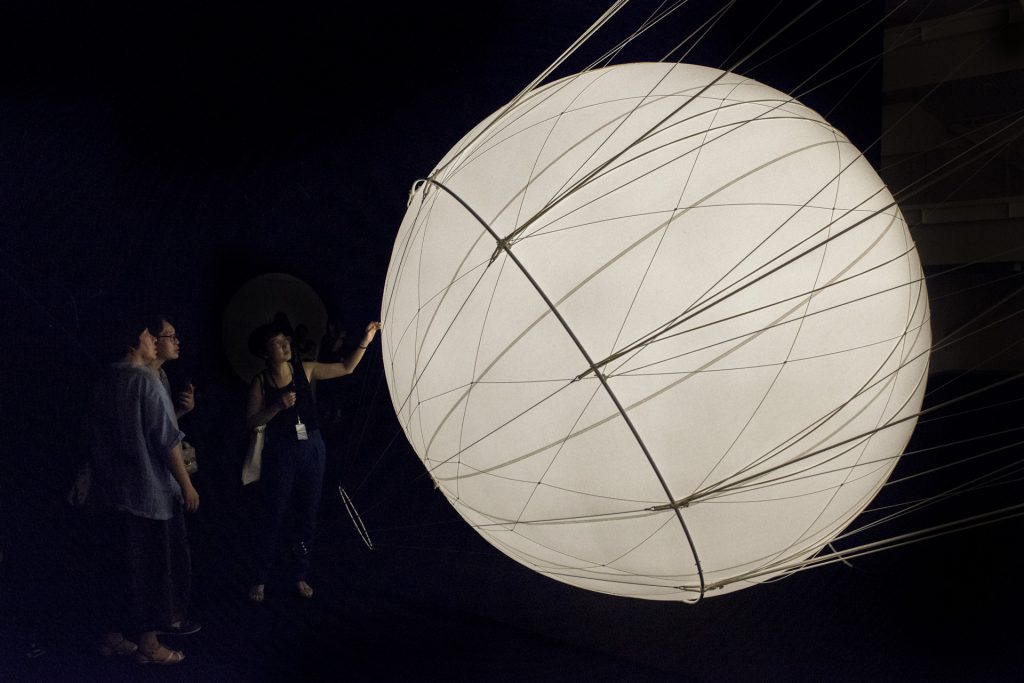
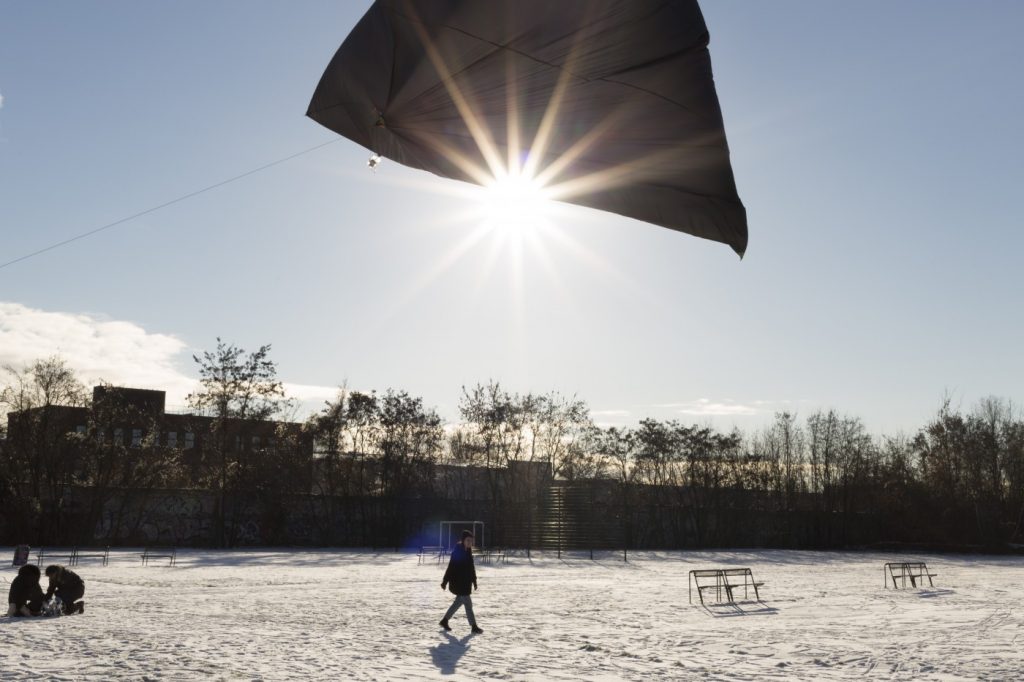

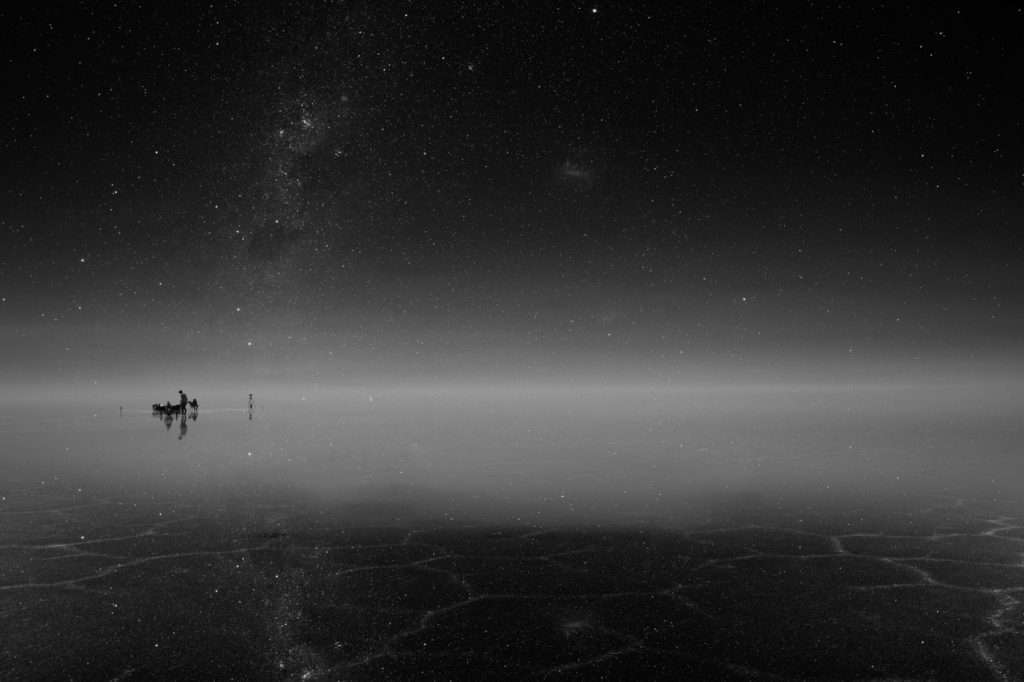

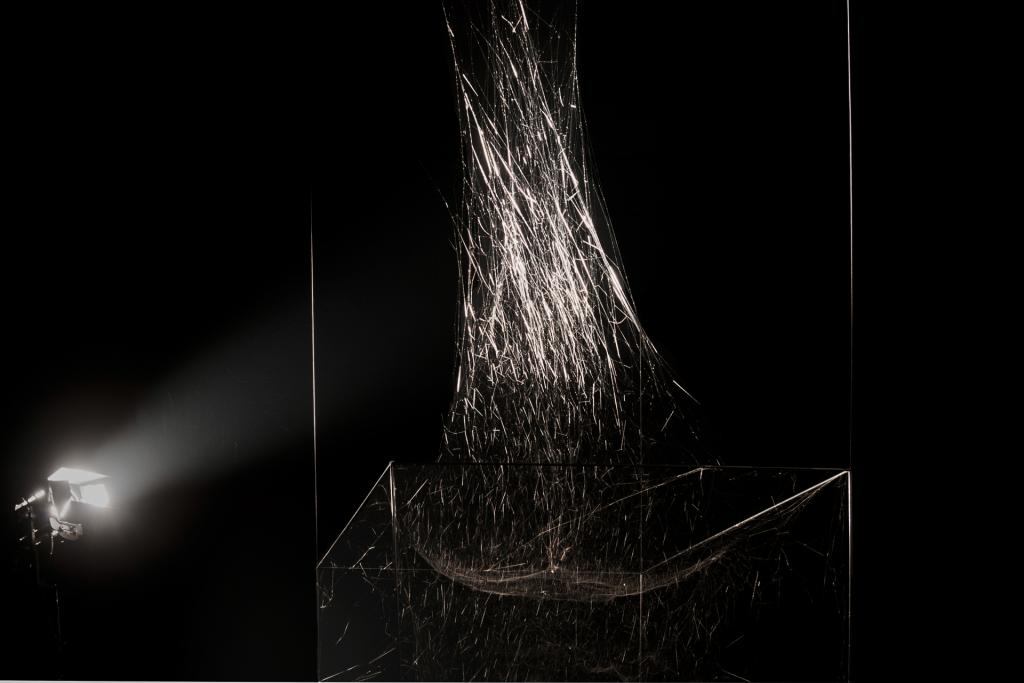
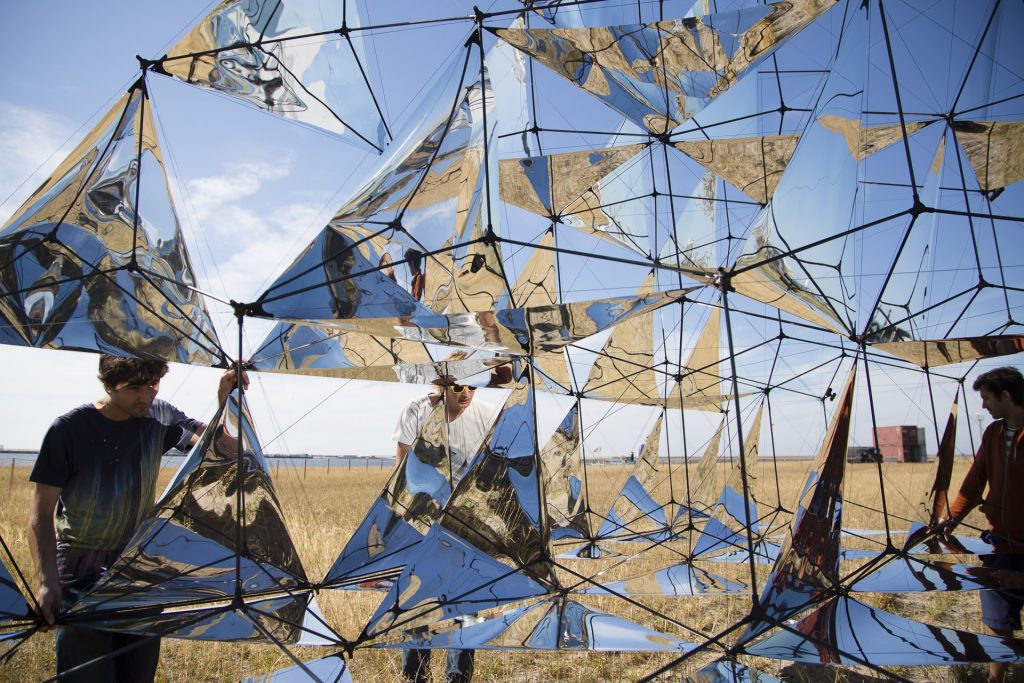

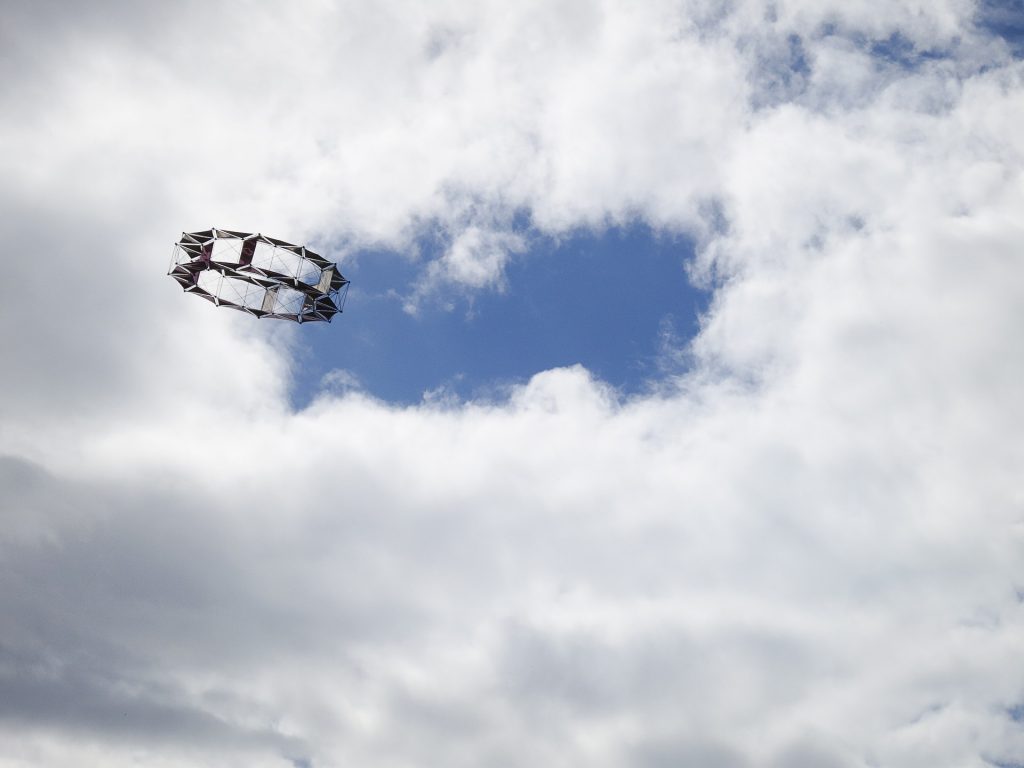
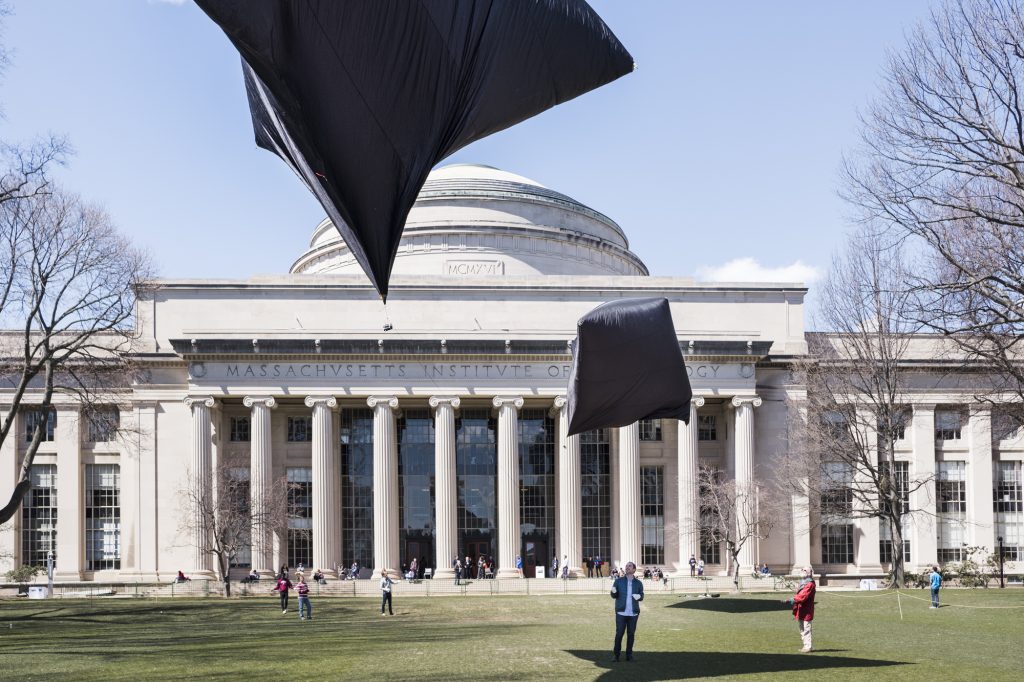
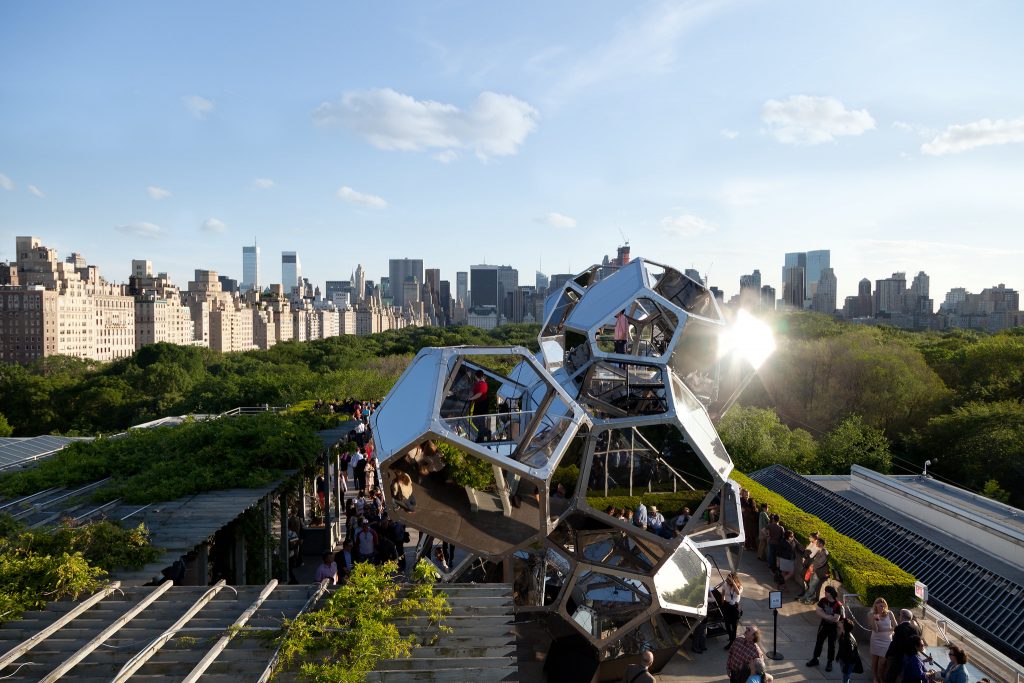
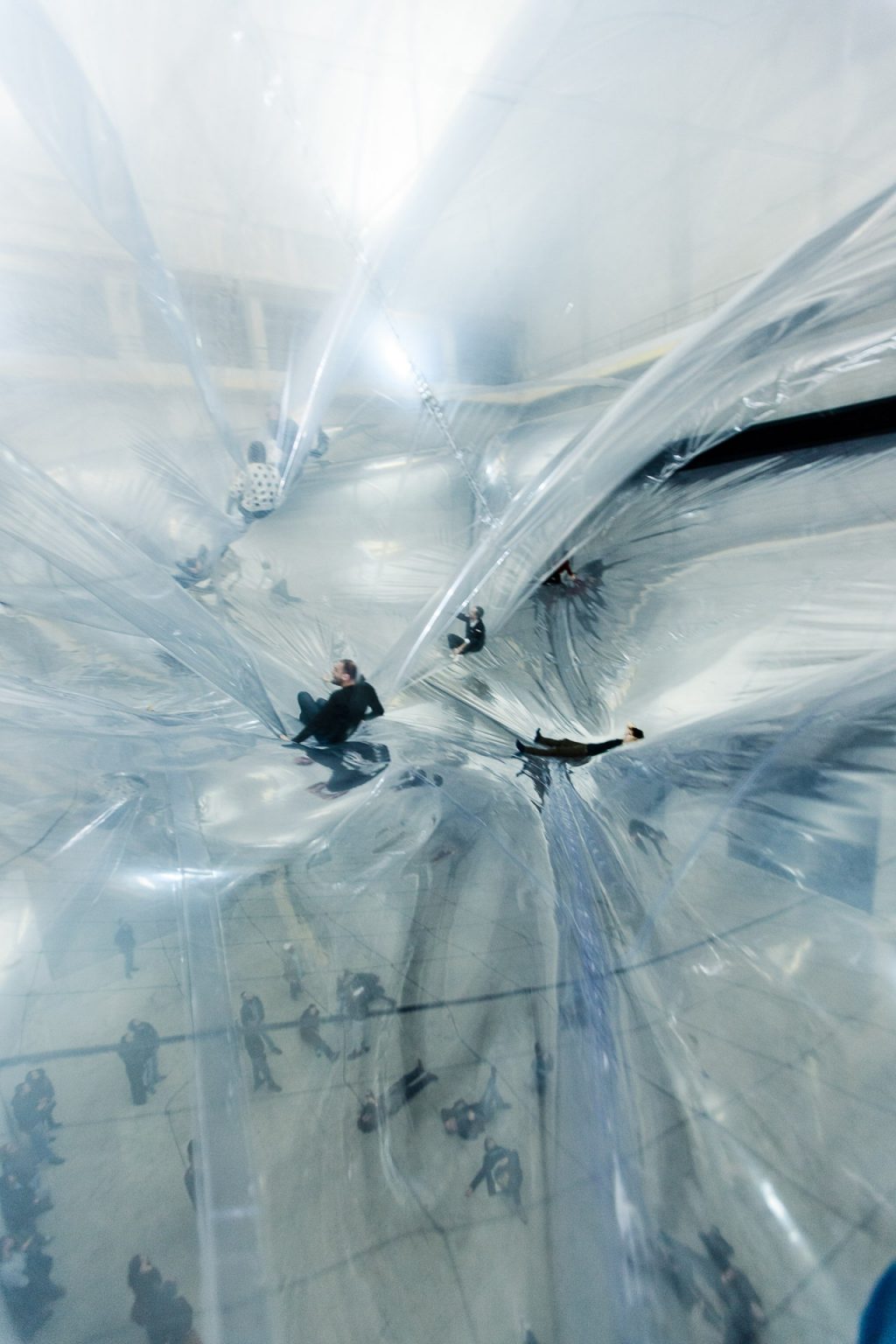
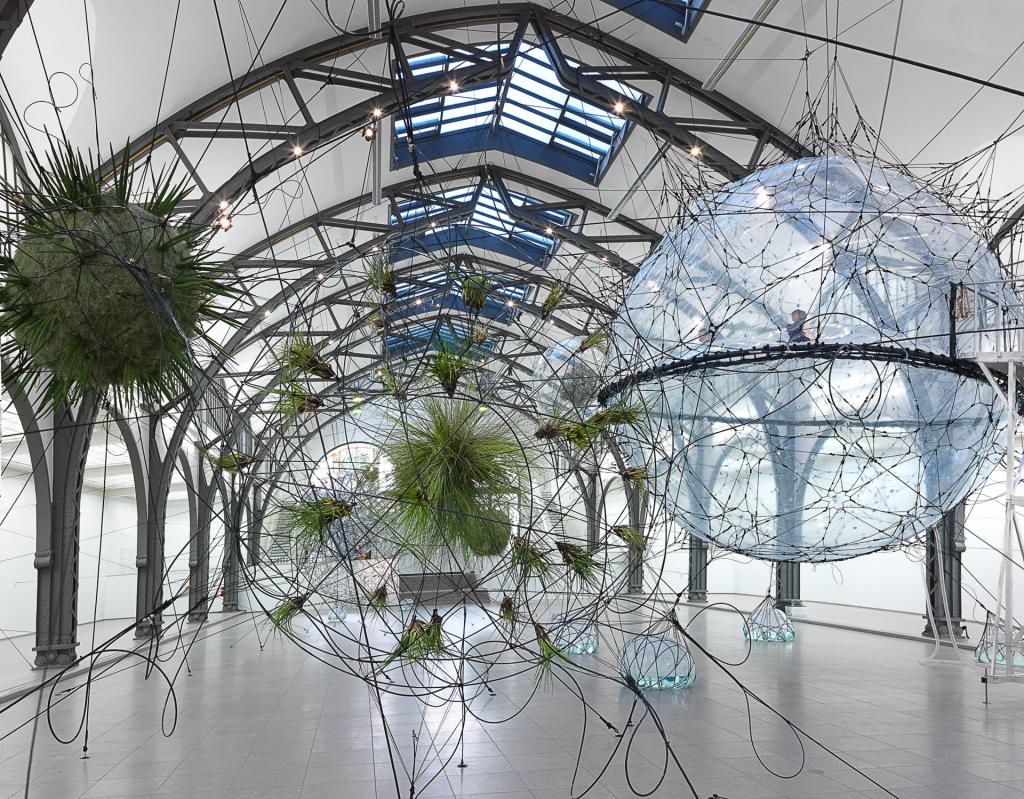
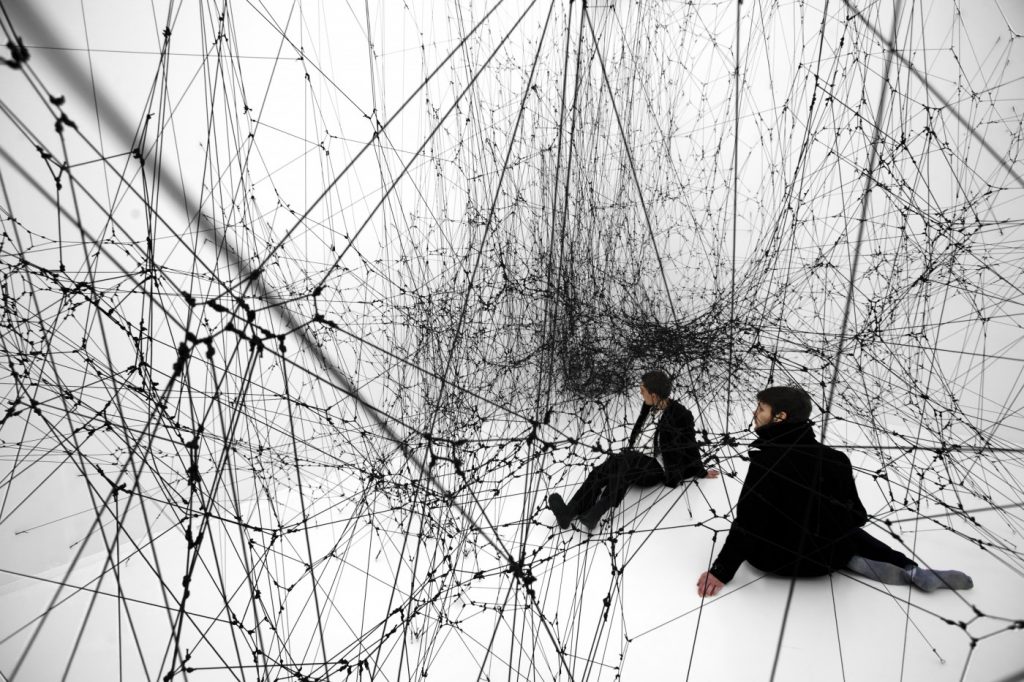
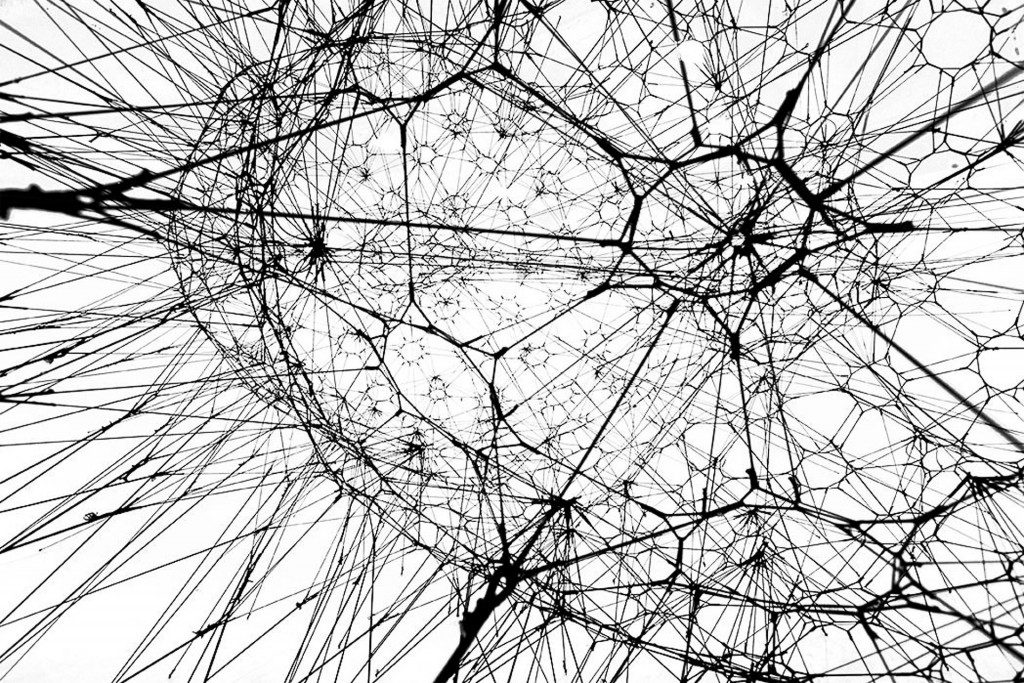

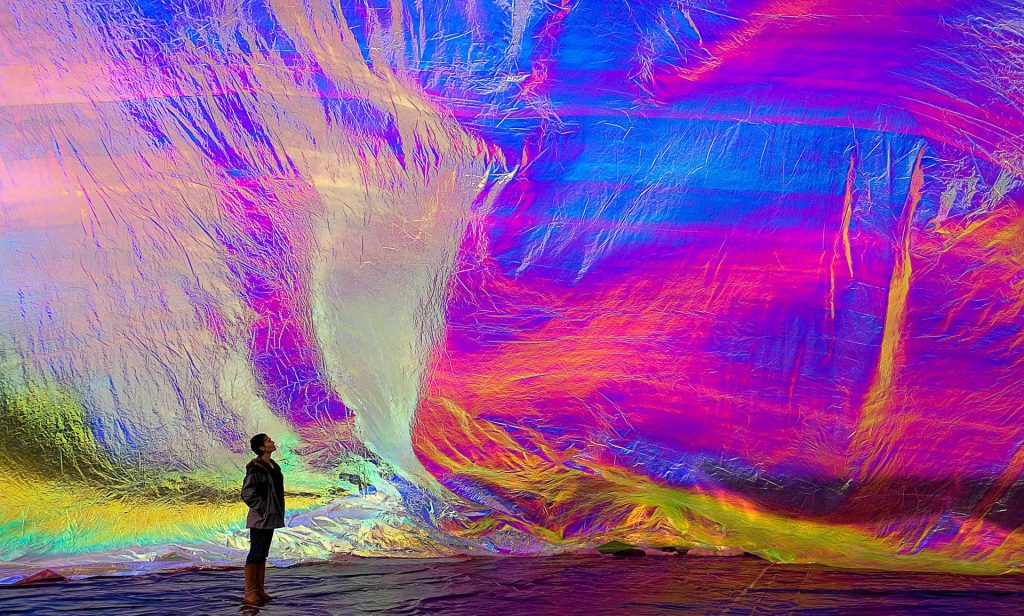
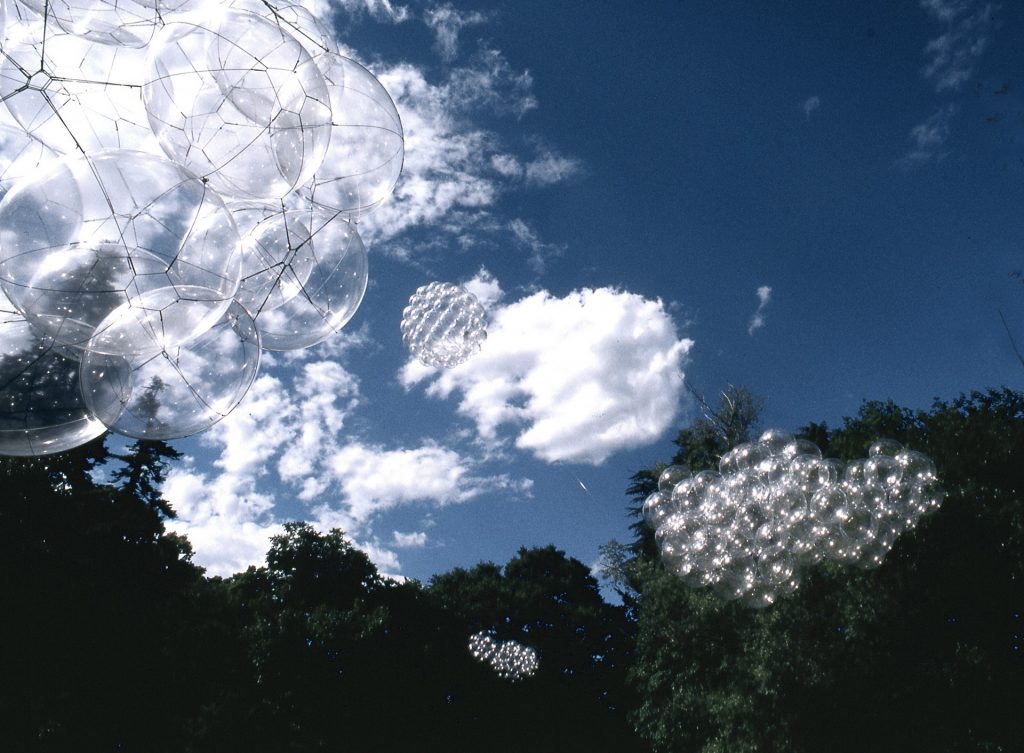
What is the state of our shared world and environment today, in the midst of climate crisis? What alternatives can we imagine for the future that recognize our place in the web of life? In partnership with Columbia University’s Climate School and Studio Tomás Saraceno, The Shed presents a series of six moderated conversations exploring key issues around climate change and environmental justice, while identifying connections with Saraceno’s work in the exhibition Tomás Saraceno: Particular Matter(s).
The conversations are offered online for free.
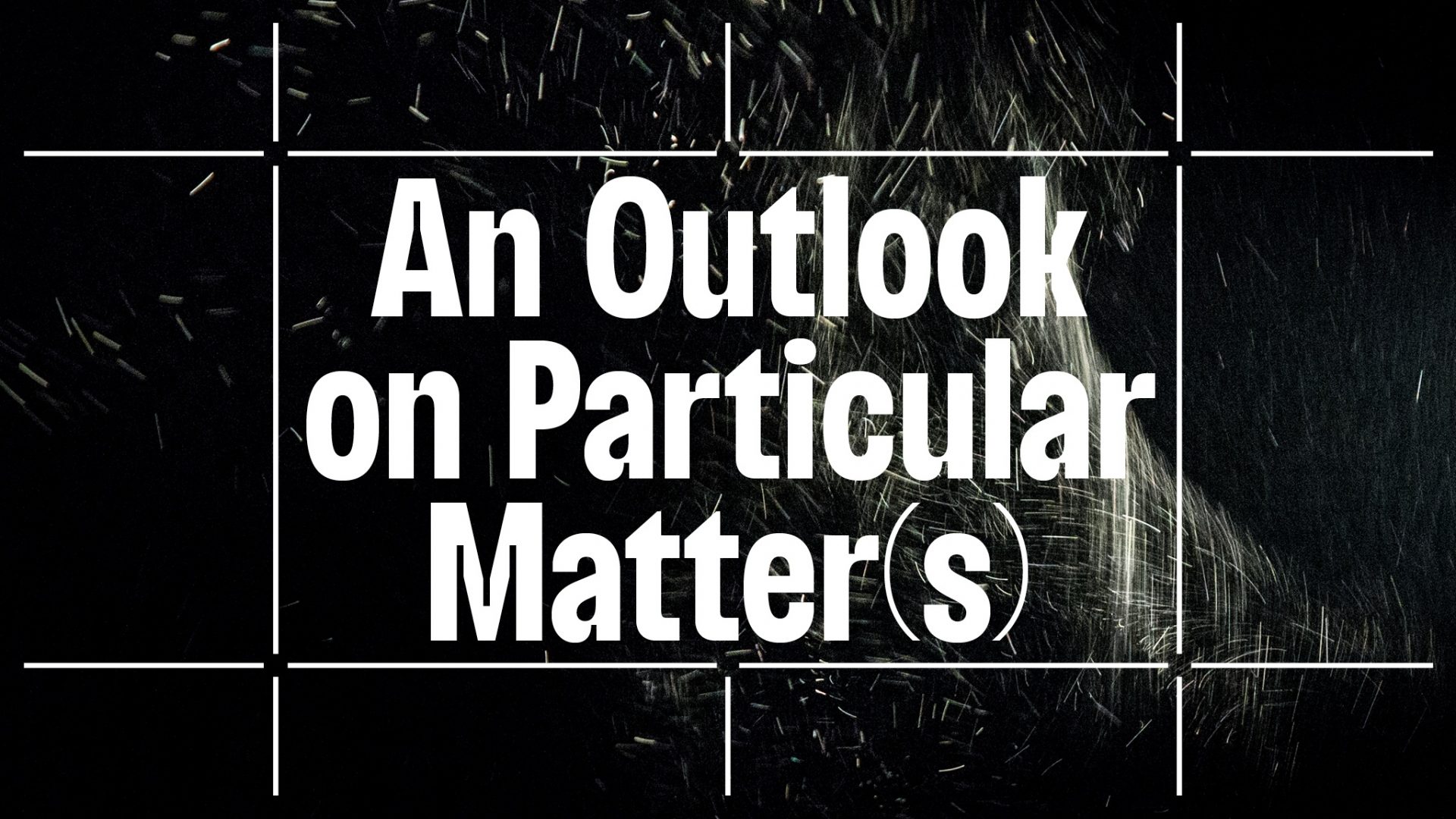
Emma Enderby is a curator, writer, and lecturer of modern and contemporary art. She is currently curator-at-large at The Shed. Previously she worked as a curator for the Public Art Fund, New York, and the Serpentine Galleries, London. She also worked in exhibitions at the Royal Academy of Arts and the Whitechapel Gallery, as well as in public programs at the National Portrait Gallery, London, and the Museum of Modern Art, New York. Enderby has been a visiting lecturer, critic, and speaker at a number of universities and institutions, as well as an editor and writer for various books and catalogues. She holds degrees from University College London and Oxford University.
Hans Ulrich Obrist is artistic director of the Serpentine Galleries in London and senior artistic advisor of The Shed. Prior to this, he was the curator of the Musée d’Art Moderne de la Ville de Paris. Since his first show World Soup (The Kitchen Show) in 1991, he has curated more than 300 exhibitions.
Obrist has lectured internationally at academic and art institutions and is a contributing editor to the magazines Artforum, AnOther Magazine, and 032C, and a regular contributor to Mousse and Kaleidoscope. He writes columns for Das Magazin and Weltkunst. In 2011, he received the CCS Bard Award for Curatorial Excellence, and in 2015, he was awarded the International Folkwang Prize for his commitment to the arts.
His recent publications include Mondialité, Conversations in Mexico, Ways of Curating, The Age of Earthquakes with Douglas Coupland and Shumon Basar, and Lives of the Artists, Lives of the Architects.
Linda Goode Bryant creates functional spaces she calls “living installations” that involve people in collaborative activities and creative actions capable of changing conditions where they live. Art that is meant to be discovered, experienced, and lived during daily life. Art with real life consequences. Just Above Midtown Gallery (JAM) was her initial space. Started in 1974, it was the first gallery to showcase work by African American and other artists of color in a major gallery district. After producing the documentary, The Business of Being an Artist, she shifted JAM’s focus to provide artists with space and money to experiment and create freely, away from art market pressures. She began making films in the 1990s and co-produced Flag Wars with Laura Poitras in 2003, which received an Emmy nomination and numerous awards including a Peabody Award. In 2004, she created Active Citizen Project (ACP) to involve disenfranchised and nonvoting youth and adults around the country in creating and campaigning for local and national platforms that addressed issues and solutions they wanted implemented. Her current “living installation” is Project EATS, which joins with residents in New York City’s low-income communities to create small-plot, high-yield vegetable farms where fresh, healthy food is needed. Goode Bryant has a master of business administration from Columbia University and a bachelor of arts degree in painting from Spelman College.
Peggy Shepard is co-founder and executive director of WE ACT for Environmental Justice and has a long history of organizing and engaging Northern Manhattan residents in community-based planning and campaigns to address environmental protection and environmental health policy locally and nationally. She has successfully combined grassroots organizing, environmental advocacy, and environmental health community-based participatory research to become a national leader in advancing environmental policy and the perspective of environmental justice in urban communities—to ensure that the right to a clean, healthy, and sustainable environment extends to all. She has been named co-chair of the White House Environmental Justice Advisory Council and was the first female chair of the National Environmental Justice Advisory Council to the US Environmental Protection Agency. She also serves on the Executive Committee of the National Black Environmental Justice Network and the Board of Advisors of the Columbia Mailman School of Public Health. Her work has received broad recognition: the Jane Jacobs Medal from the Rockefeller Foundation for Lifetime Achievement, the 10th Annual Heinz Award For the Environment, the William K. Reilly Award for Environmental Leadership, the Knight of the National Order of Merit from the French Republic, the Dean’s Distinguished Service Award from the Columbia Mailman School of Public Health, and honorary doctorates from Smith College and Lawrence University.
Harriet A. Washington is a science writer and medical ethicist and author of influential books that include Carte Blanche: The Erosion of Informed Consent in Medical Research (Columbia Global Reports, 2021), A Terrible Thing to Waste: Environmental Racism and Its Assault on the American Mind (2019), and Medical Apartheid, which won the National Book Critics Circle Award. She has been the inaugural Miriam Shearing Fellow at the University of Nevada’s Black Mountain Institute, a research fellow in medical ethics at Harvard Medical School, a visiting fellow at the Harvard TH Chan School of Public Health, a visiting scholar at DePaul University College of Law, and a senior research scholar at the National Center for Bioethics at Tuskegee University. She has also held fellowships at Stanford University and is a lecturer in bioethics at Columbia University. She has written widely for popular publications and has been published in refereed books and scientific journals.
Moderator: Dr. Courtney D. Cogburn is an associate professor at the Columbia University School of Social Work and faculty of the Columbia Population Research Center and Data Science Institute where she co-chairs the Computational Social Science working group. She employs a transdisciplinary strategy to improve the characterization and measurement of racism, and in examining the role of racism in the production of racial inequities in health. She is also a member of the American Medical Association’s External Equity & Innovation Advisory Group and the RWJF Health Equity Collective. Dr. Cogburn’s work also explores the potential of media and technology in creating and eradicating racism and racial inequities in health. She is the lead creator of 1000 Cut Journey, an immersive virtual reality experience of racism that premiered at the 2018 Tribeca Film Festival. She is also the co-founder of the Justice Equity and Technology Studio. Dr. Cogburn is the chief equity officer and knowledge transfer director of the Learning the Earth with Artificial Intelligence and Physics (LEAP), an NSF Science and Technology Center (STC). Dr. Cogburn completed postdoctoral training at Harvard University in the Robert Wood Johnson Health & Society Scholar Program and at the Institute for Social Research at the University of Michigan. She received her PhD in education and psychology, MSW from the University of Michigan, and her BA in psychology from the University of Virginia.
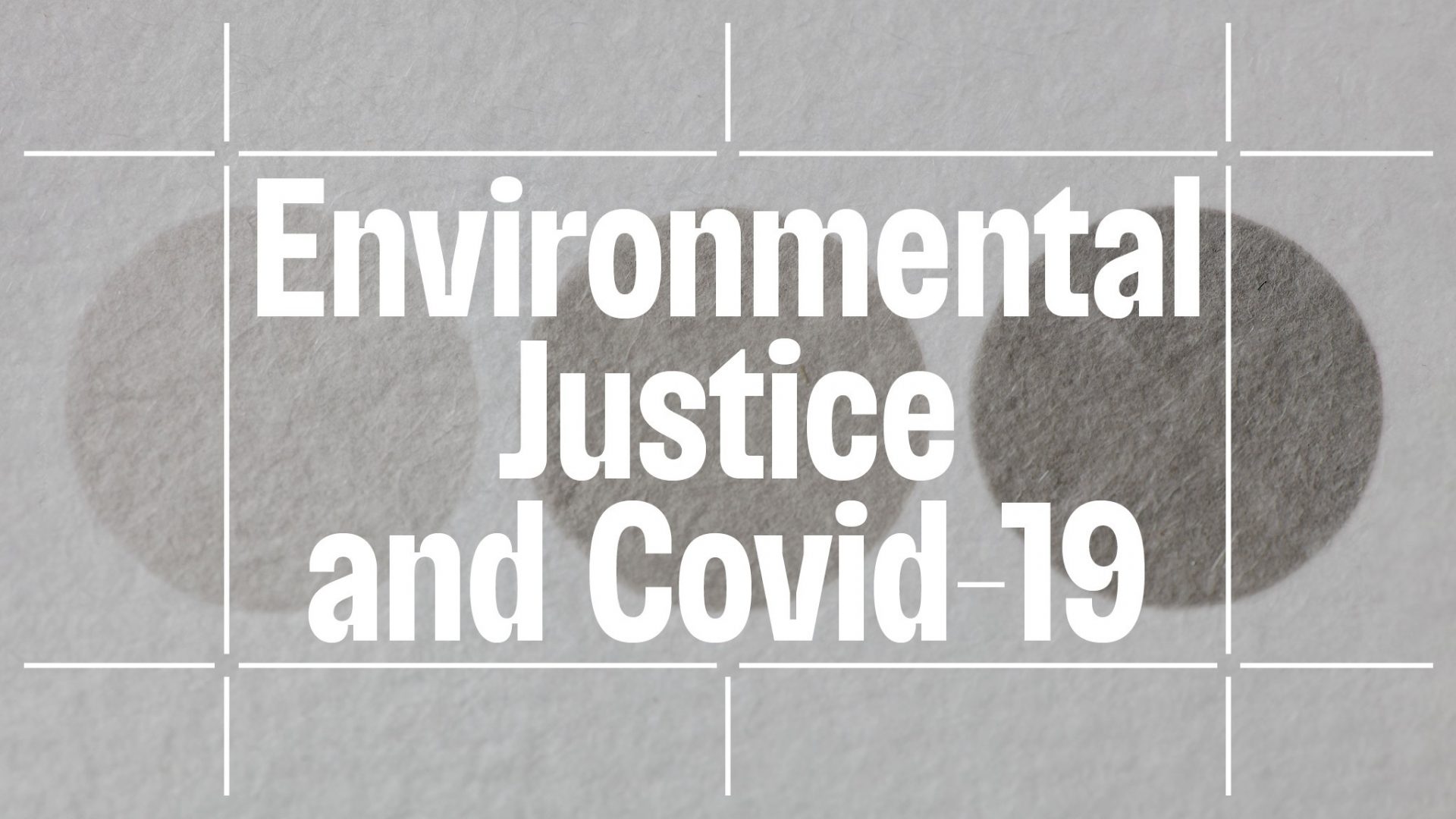
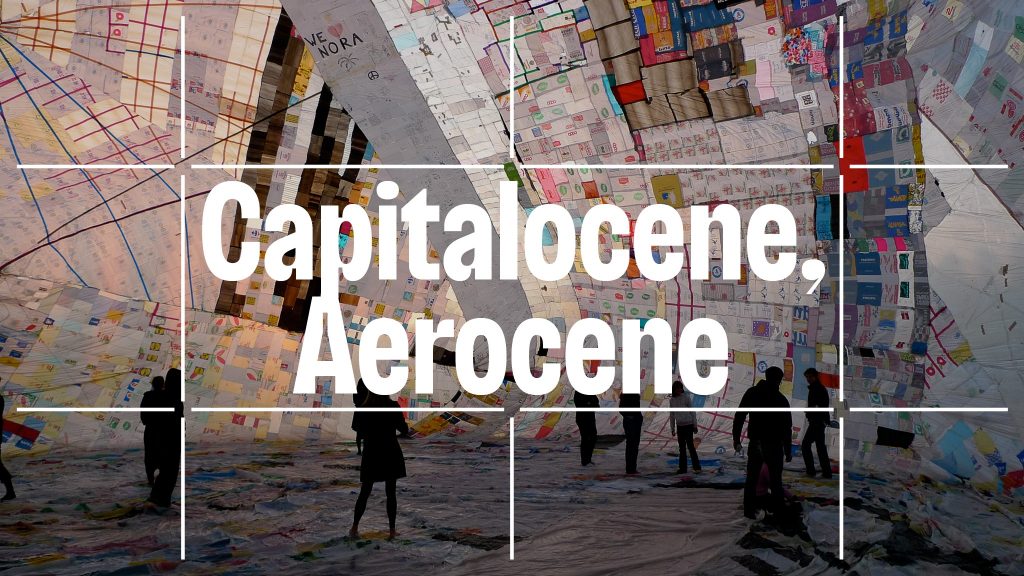
The artworks in Tomás Saraceno: Particular Matter(s) propose a future alternative to the Capitalocene, the period of Earth’s history defined by the harmful effects of capitalist production on the environment, human communities, and other species. Saraceno and his collaborators call this possible new era the Aerocene, focused on the air as a way to imagine a world free of fossil fuels and borders.
In this panel, participants discuss the role of capitalism and production in the climate crisis. How did we get to this point? What are the responsibilities of governments, corporations, and individuals in remedying the crisis? What potential for change does an Aerocene era make possible?
Michael Marder is IKERBASQUE Research Professor in the Department of Philosophy at the University of the Basque Country (UPV-EHU), Vitoria-Gasteiz, Spain. His writings span the fields of ecological theory, phenomenology, and political thought. He is the author of numerous scientific articles and eighteen monographs, including Plant-Thinking (2013), Phenomena—Critique—Logos (2014), The Philosopher’s Plant (2014), Dust (2016), Energy Dreams (2017), Heidegger (2018), Political Categories (2019), Pyropolitics (2015, 2020), Dump Philosophy (2020), Hegel’s Energy (2021), and Green Mass (2021) among others.
Luisa Palacios is a senior research scholar at the Center on Global Energy Policy at Columbia University’s School of International and Public Affairs. She was the chairwoman of Citgo Petroleum Corporation from 2019 until early 2021. Before that, Palacios was a senior managing director and the head of emerging markets research at Medley Global Advisors, where she also led the Latin America energy practice. She previously worked at Barclays Capital as a director in the emerging markets research department, as a senior economist at the Japan Bank for International Cooperation, and as an economist in the risk department at Société Générale in Paris. She graduated from Universidad Católica Andrés Bello in Caracas, Venezuela, received a master’s degree in international affairs from Columbia University’s School of International and Public Affairs, and obtained a PhD in international affairs from the John Hopkins University School of Advanced International Studies. Dr. Palacios is part of the editorial board of the Americas Quarterly, a member of the Venezuela Working Group of the Atlantic Council, and affiliated faculty at the Institute for Latin American Studies at Columbia University.
Jason W. Moore is a historical geographer and environmental historian at Binghamton University, New York, where he is professor of sociology. He is author of Capitalism in the Web of Life and, with Raj Patel, A History of the World in Seven Cheap Things. He is co-coordinator of the World-Ecology Research Network.
Moderator: Andrew Revkin is one of America’s most honored and experienced environmental journalists and the founding director of the Initiative on Communication and Sustainability at Columbia University’s Climate School. At Columbia he is building programs, courses, tools, and collaborations bridging communication gaps between science and society to cut climate risk and boost social and environmental resilience. He launched and runs the school’s Sustain What webcast, which has reached more than 1.5 million people in 250-plus episodes, and writes a column with the same name on Bulletin.com, a new platform for independent journalists backed by Facebook.
Revkin has written on climate change for more than 30 years, reporting from the North Pole to the White House, the Amazon rainforest to the Vatican, mostly for the New York Times. He has held positions at National Geographic and Discover Magazine and won the top awards in science journalism multiple times, along with a Guggenheim Fellowship. Revkin has written lauded books on the Anthropocene, the history of humanity’s relationship with weather, the changing Arctic, global warming, and the assault on the Amazon rainforest, as well as three book chapters on science communication. In spare moments, he’s a performing songwriter. Two very different films have been based on his work: Rock Star (Warner Brothers, 2001) and the triple-Golden-Globe-winning 1994 HBO film The Burning Season, based on Revkin’s biography of slain rainforest defender Chico Mendes.
Markus J. Buehler is an American materials scientist and engineer at the Massachusetts Institute of Technology (MIT). He is the McAfee Professor of Engineering at MIT, where he directs the Laboratory for Atomistic and Molecular Mechanics (LAMM). His research and teaching activities center on the application of a computational materials science approach to understand functional material properties in biological and synthetic materials, specifically focused on mechanical properties. His work is highly cross-disciplinary and incorporates materials science, engineering, mathematics and the establishment of links between natural materials with the Arts through the use of category theory. As a composer of experimental music with an interest in sonification, he works at the interface of science and art, where his work explores the creation of new forms of musical expression, such as those derived from biological materials and living systems. Using an approach termed “materiomusic”, uses sound as an abstract way to model, optimize and create new forms of living matter. In recent work he created music based on proteins—the basic molecules of all life—to explore crossing species, scales and between philosophical and physical models. In recent work he has developed a new framework to compose music based on proteins – the basic molecules of all life, as well as other physical phenomena such as fracturing, to explore similarities and differences across species, scales and between philosophical and physical models.
He is the recipient of many awards including the Harold E. Edgerton Faculty Achievement Award, the Daniel C. Drucker Medal, the Alfred Noble Prize, the Feynman Prize in Nanotechnology, the Leonardo da Vinci Award, and the Thomas J.R. Hughes Young Investigator Award, the Presidential Early Career Awards for Scientists and Engineers (PECASE), and others. Buehler is a Clarivate Highly Cited Researcher and has authored more than 450 peer-reviewed publications (H-index=99), which have been cited more than 35,000 times, and authored two monographs. He has given more hundreds of invited, keynote and plenary talks around the world, including several highly-praised TED talks. His technical innovations have resulted in several patents. Between 2013 and 2020 he served as the Head of the Civil and Environmental Engineering Department at MIT, and in 2019, as President of the Society of Engineering Science.
Peggy Hill is a native Oklahoma matriarch and ecologist whose research lies in the overlap of behavioral and physiological ecology. Her PhD work on conservation efforts to benefit a rare prairie insect led to a personal discovery of a very ancient and widely used method of communication that was known to only a few other scientists across the world at the time. In an effort to sort out and satisfy her own curiosity of what was known about substrate-borne vibrational signals and cues (as opposed to sound), she wrote a small book, Vibrational Communication in Animals (Harvard University Press, 2008), that gave her access to the international community of research on the same phenomenon. Together they moved from a group with shared interests to a vibrant community that in 2014 – 16 launched a new scientific discipline, biotremology, or the study of vibrational behavior. They have produced three edited chapter books from 2014 to 2022. Spiders are but one of a majority of animals, including most arthropods but also mammals, that communicate in this way.
Eric-Paul Riege (Diné, b. 1994) creates soft, woven sculptures, wearable art, digital collages, and durational performances that relate to his heritage and spirituality, particularly the intergenerational and interspecies traditions of weaving. These works express his philosophies and cosmologies of sanctuary, harmony, and interconnection with all elements of the world around him. His work is a being of Hózhó–Diné philosophy that encompasses beauty, balance, goodness, and harmony in all things physical and mental and its bearing on everyday experience. His work, which he describes as being “encompassed in the threads of weaving and life,” creates an immersive and charged space influenced by his own homes, ceremonies, and rituals, from his past, future, and present selves.
Riege’s first solo museum presentation was at the Institute of Contemporary Art, Miami in 2019. He has shown work and performed at venues including the SITE Santa Fe Biennial 2018 ini Santa Fe, New Mexico, the Navajo Nation Museum in Tségháhoodzání in Window Rock, Arizona, the National Hispanic Cultural Center in Albuquerque, New Mexico, and the Heard Museum in Phoenix. In 2021 he had group shows at Regen Projects and STARS Gallery in Los Angeles and a a solo show at Bockley Gallery in Minneapolis. He collaborated with Jeffrey Gibson on Gibson’s monumental sculpture and ziggurat Because Once You Enter My House, It Becomes Our House at deCordova Sculpture Park and Museum in Lincoln, Massachusetts. He was a part of the 2021 Prospect New Orleans Triennial and will be included in the 2022 Toronto Biennial.
David Zeitlyn works at the Institute of Social and Cultural Anthropology (ISCA), University of Oxford. As well as working on Mambila spider divination, Zeitlyn does research in anthropological linguistics, the anthropology of religion, visual anthropology, and historical anthropology. Through divination he has interests in prediction and futurology. He is the author of Mambila Divination: Framing Questions, Constructing Answers (2020). Other interests include the use and study of the internet and information and communications technology, and the anthropology of archives as well as archives for anthropology. His work on the history of photography in Cameroon with particular focus on Cameroonian studio photographers led to Photo Cameroon: Studio Portraiture, 1970s – 1990s, an exhibition at the Fowler Museum at UCLA in 2021.
Moderator: Cynthia Willett is Samuel Candler Dobbs Professor of Philosophy at Emory University. She is the author of Uproarious: How Feminists and Other Subversive Comics Speak Truth (2019); Interspecies Ethics (2014), translated as Etica Interespecies (2019); Irony in the Age of Empire: Comic Perspectives on Freedom and Democracy (2008); The Soul of Justice: Racial Hubris and Social Bonds (2001); and Maternal Ethics and Other Slave Moralities (1995). Her work develops philosophical visions for reimagining a common life across species as well as intersectional axes in human societies. Her current research expands on the role of humor as well as musical communication within and across species, and includes a monograph on the musicology of life.
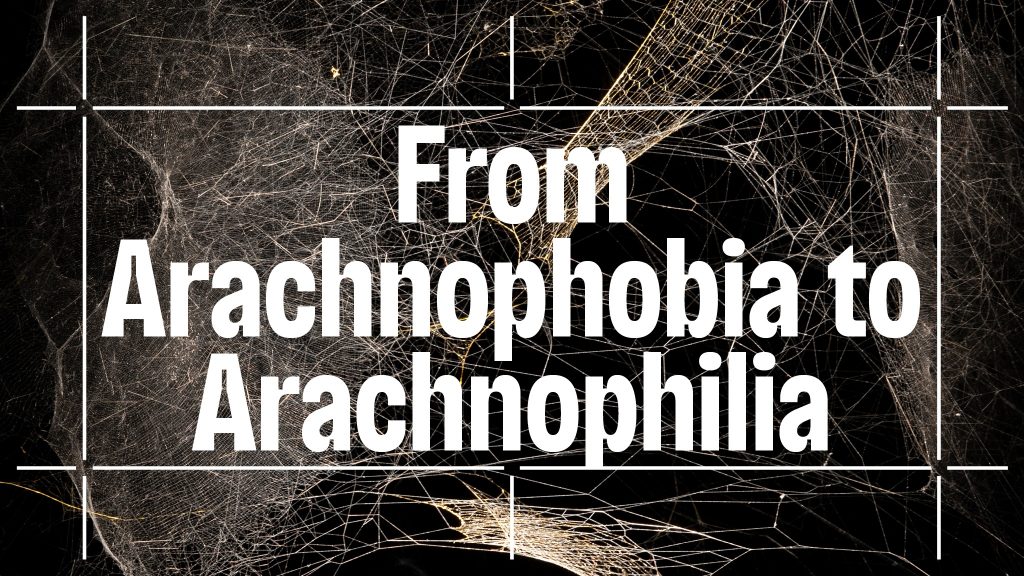
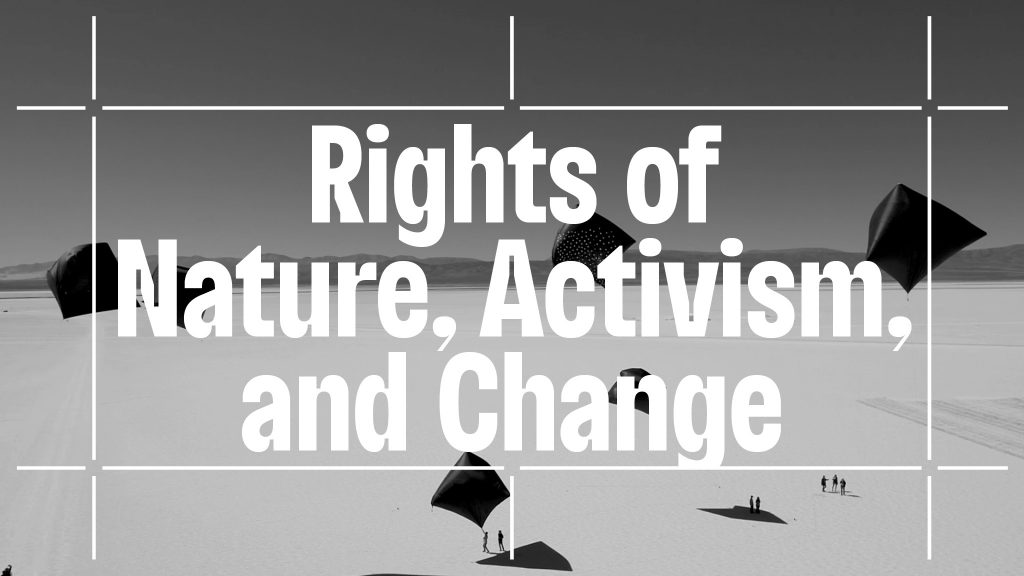
Alicia Chalabe was born in Jujuy, Argentina. She’s an independent lawyer who specializes in constitutional procedural law, with special interest in collective litigation. She studied in the National University of Tucumán, with postgraduate studies in several Argentinian and international academic institutions.
Over the last thirty years, she has worked on advancing the political rights of women in the province of Jujuy and has led the legal representation of: collective action before the Supreme Court of Justice in Argentina of indigenous communities of the Cuenca de Salinas Grandes and Laguna de Guayatayoc; the defense of the cultural and environmental heritage of the people of the Quebrada de Humahuaca – which got to be recognized as Natural and Cultural World Heritage site by UNESCO in 2002-; the defense of the cultural and natural heritage of the city of Purmamarca (Cerro de los 7 colores and Laguna precámbrica); among others.
During the last 12 years, she has been advising and supporting the fight of the 33 indigenous communities of Salinas Grandes in different ways: through legal advice, plaints, trainings, conflict resolution, international and national representation, the defense of their territories, and the compliance of their indigenous rights in different forums, to stop the advance of extractive activities such as the exploitation of lithium. Currently, she’s preparing the indigenous communities’ legal land claim of the Salinas Grandes and Laguna de Guayatayoc in the provinces of Salta and Jujuy.
Professor N. Bruce Duthu is the Samson Occom Professor and Chair of Native American & Indigenous Studies at Dartmouth College. An internationally recognized scholar of Native American law and policy, Duthu joined the Faculty of Arts & Sciences at Dartmouth in 2008. He served as Dartmouth’s associate dean of the Faculty for International Studies & Interdisciplinary Programs. Duthu earned his BA degree in religion and Native American Studies from Dartmouth College and his JD degree from Loyola University School of Law in New Orleans. Prior to joining the Dartmouth faculty, Duthu was professor of law at Vermont Law School where he also served as the law school’s vice dean for academic affairs and as inaugural director of the VLS-Sun Yat-sen University (Guangzhou, China) Partnership in Environmental Law. He served as visiting professor of law at Harvard Law School, the universities of Wollongong and Sydney in New South Wales, Australia, and the University of Trento in northern Italy.
Professor N. Bruce Duthu is the author of Shadow Nations: Tribal Sovereignty and the Limits of Legal Pluralism (Oxford University Press 2013) and American Indians and the Law (Viking/Penguin Press 2008) and was a contributing author of Felix S. Cohen’s Handbook of Federal Indian Law (2005), the leading treatise in the field of federal Indian law. His co-edited special volume of South Atlantic Quarterly, Sovereignty, Indigeneity, and the Law, won the 2011 CELJ (Council of Editors of Learned Journals) award for Best Special Issue. He co-produced the documentary feature film, Dawnland (2018) that focuses on state removal of Indian children from their families. In 2019, Dawnland received an Emmy award for Outstanding Research. Duthu has lectured on indigenous rights in various parts of the world, including Russia, China, Bolivia, Italy, France, Australia, New Zealand, and Canada. Professor Duthu is an enrolled tribal member of the United Houma Nation of Louisiana. He and his wife, Hilde Ojibway, have three children and four grandchildren.
Maristella Svampa is an Argentine sociologist and writer. She has an undergraduate degree in philosophy from the Universidad Nacional de Córdoba and a PhD in sociology from the École d’Hautes Études en Sciences Sociales in Paris. She lives in Dinahuapi, Argentinian Patagonia, and is senior researcher at the Conicet (National Center for Scientific and Technical Research), and professor at the Universidad Nacional de la Plata (province of Buenos Aires). She is the coordinator of the Group of Critical and Interdisciplinary Studies on the Energy Problem and participates at the International Group of Alternative Development. She received the Guggenheim Fellowship and the Kónex award in Sociology (Argentina) in 2006 and 2016. In 2019, she received the National Award in Sociology.
Svampa has published and lectured in many countries including France, the US, Canada, Germany, Switzerland, Spain, England, Mexico, Brazil, Bolivia, Peru, Costa Rica, and Chile among others. She works on socioecological crises and socioenvironmental conflicts in Latin America. Among her books are Maldesarrollo. La Argentina del extractivismo y el despojo (Maldevelopment) (2014) and Debates Latinoamericanos. Indianismo, Desarrollo, Dependencia, Populismo (Latin American Debates: Indianism, Development, Dependency, Populism) (2016). In English, she has published Development in Latin America, Challenges, Resistances, Future (Fernwood Publishing, 2019) and Neo-Extractivism Dynamics in Latin America, Socioenvironmental Conflicts, Territorial Turn, and New Political Narratives (Cambridge University Press, 2019). She has also published novels. Her latest book is El colapso ecológico ya llegó. Una brújula para salir del maldesarrollo (The ecological collapse is here. A compass to get out of maldevelopment) (2020).
Michael B. Gerrard is Andrew Sabin Professor of Professional Practice at Columbia Law School, where he teaches courses on environmental and energy law and founded and directs the Sabin Center for Climate Change Law. He is also a member and former chair of the faculty of Columbia’s Earth Institute. Before joining the Columbia faculty in January 2009, he was partner-in-charge of the New York office of the Arnold & Porter law firm; he is now senior counsel to the firm. He practiced environmental law in New York City full-time from 1979 to 2008. His practice involved trying numerous cases and arguing many appeals in federal and state courts and administrative tribunals; handling the environmental aspects of numerous transactions and development projects; and providing regulatory compliance advice to a wide variety of clients in the private and public sectors.
Gerrard was the 2004 – 05 chair of the American Bar Association’s 10,000-member section of environment, energy, and resources. He also chaired the New York City Bar Association’s executive committee and the New York State Bar Association’s environmental law section.
Since 1986, Gerrard has written an environmental law column for the New York Law Journal. He is author or editor of thirteen books, two of which were named Best Law Book of the Year by the Association of American Publishers: Environmental Law Practice Guide (12 volumes, 1992) and Brownfields Law and Practice (four volumes, 1998).
He received his BA from Columbia University and his JD from NYU Law School, where he was a Root Tilden Scholar.
...